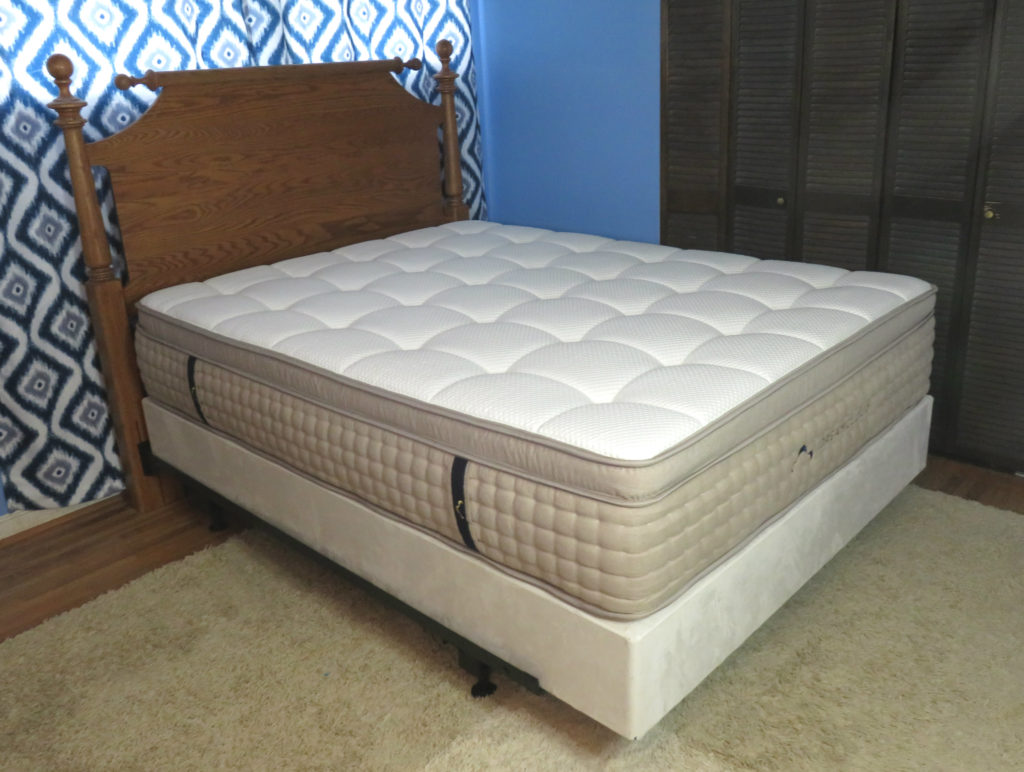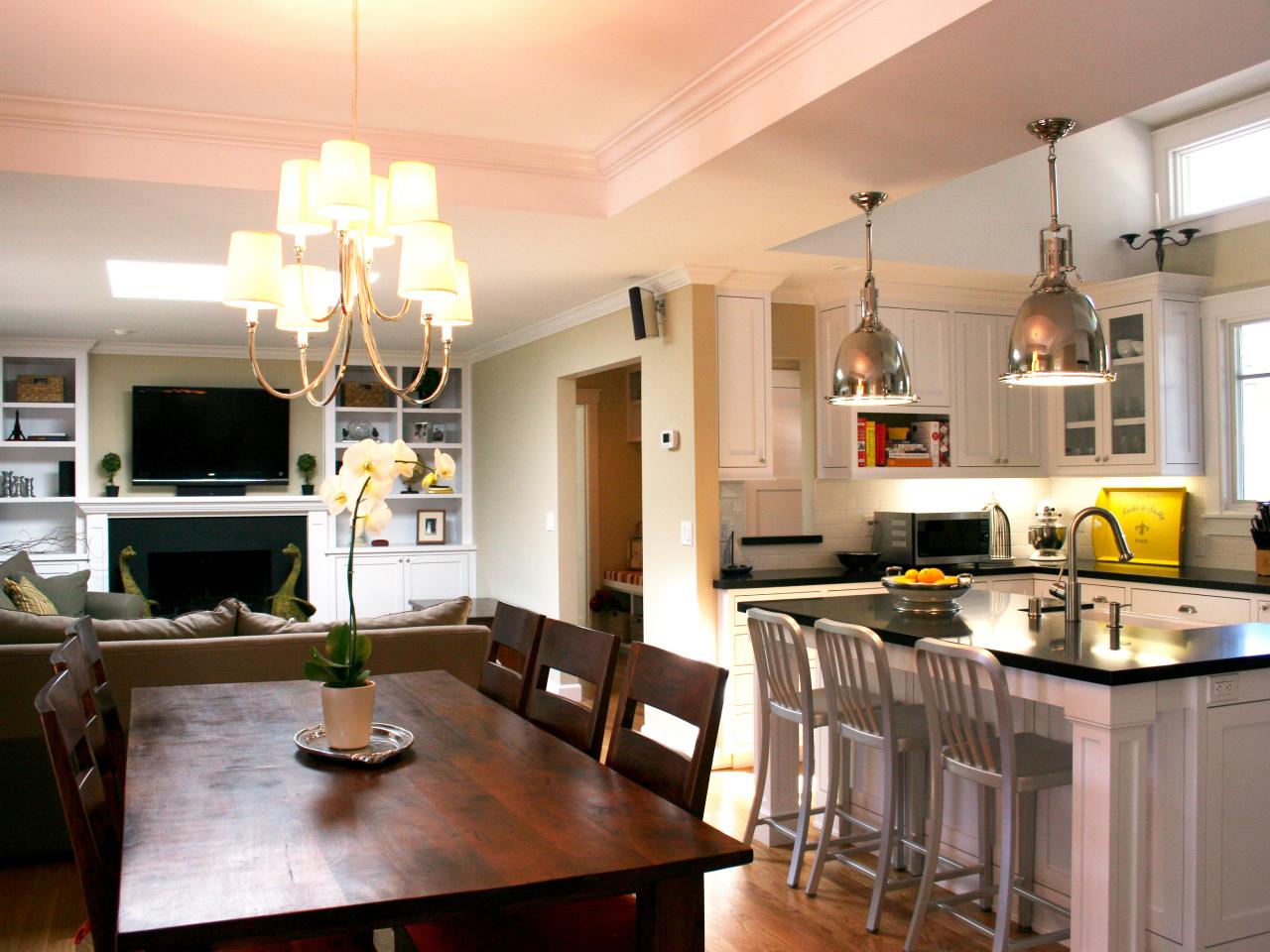Hardwood flooring is a classic and timeless option for any kitchen to living room transition. Its natural beauty and durability make it a popular choice among homeowners. With a variety of wood types and finishes to choose from, hardwood flooring can easily complement any design aesthetic. From rich mahogany to light oak, there is a hardwood option for every taste and style. Plus, with proper maintenance, hardwood flooring can last for decades.Hardwood flooring
If you want the look of hardwood flooring without the high price tag, laminate flooring is a great alternative. Made from composite wood materials, laminate flooring is designed to look like real wood, but at a fraction of the cost. It is also a more durable option, making it perfect for high-traffic areas like the kitchen to living room transition. With water-resistant and scratch-resistant options available, laminate flooring is a practical and budget-friendly choice.Laminate flooring
For a budget-friendly and low-maintenance option, vinyl flooring is a top choice for the kitchen to living room transition. With its waterproof and stain-resistant properties, vinyl flooring is perfect for households with pets or young children. It also comes in a variety of designs, including wood-look and stone-look options, making it a versatile choice for any design style.Vinyl flooring
Tile flooring is a popular choice for kitchen to living room transitions due to its durability and versatility. It is available in a variety of materials, including ceramic, porcelain, and natural stone, giving homeowners plenty of options to choose from. Tile flooring is also easy to maintain, making it a practical choice for high-traffic areas. With unique patterns and color options, tile flooring can add a touch of personality to any space.Tile flooring
Similar to laminate flooring, engineered wood flooring is a cost-effective option that mimics the look of hardwood flooring. It is made from layers of real wood veneer and composite materials, giving it a similar appearance to solid hardwood. Engineered wood flooring is also more resistant to moisture and temperature changes, making it a suitable choice for kitchen to living room transitions.Engineered wood flooring
For an eco-friendly and sustainable option, bamboo flooring is a top choice for the kitchen to living room transition. It is made from a fast-growing grass, making it a renewable resource. Bamboo flooring is also incredibly durable, making it a practical choice for high-traffic areas. With its natural color variations and unique grain patterns, bamboo flooring can add a touch of character to any space.Bamboo flooring
Cork flooring is a unique and eco-friendly option for the kitchen to living room transition. It is made from the bark of cork trees, making it a renewable and sustainable resource. Cork flooring is also soft and comfortable underfoot, making it a popular choice for households with young children or those who spend a lot of time standing in the kitchen. Plus, it has noise-reducing properties, making it a great option for open floor plan living spaces.Cork flooring
For a budget-friendly and eco-friendly option, linoleum flooring is a great choice for the kitchen to living room transition. Made from natural materials like linseed oil, cork dust, and wood flour, linoleum flooring is a renewable and sustainable option. It is also water-resistant and antibacterial, making it a practical choice for households with allergies or pets.Linoleum flooring
While not as popular as hard surface flooring options, carpet flooring is still a viable option for the kitchen to living room transition. It provides softness and warmth underfoot, making it a comfortable choice for living spaces. With stain-resistant and pet-friendly options available, carpet flooring can be a practical choice for households with children and pets.Carpet flooring
To create a seamless transition between the kitchen and living room flooring, transition strips are a must-have. These strips are installed where the two different flooring materials meet, creating a smooth and safe transition. Transition strips come in a variety of materials, including wood, metal, and vinyl, allowing you to choose one that best complements your flooring choices. In conclusion, when choosing the flooring for your kitchen to living room transition, it is important to consider both style and practicality. From the timeless beauty of hardwood flooring to the budget-friendly options of laminate and vinyl, there is a flooring type for every homeowner. Don't forget to include transition strips to create a seamless and safe transition between the two spaces. With the right flooring choice, your kitchen to living room transition will not only look cohesive but also stand the test of time.Transition strips
Kitchen to Living Room Flooring: The Perfect Transition for a Cohesive Home Design

Creating a seamless flow between the kitchen and living room is a key element in house design. One way to achieve this is by choosing the right flooring that connects these two spaces.
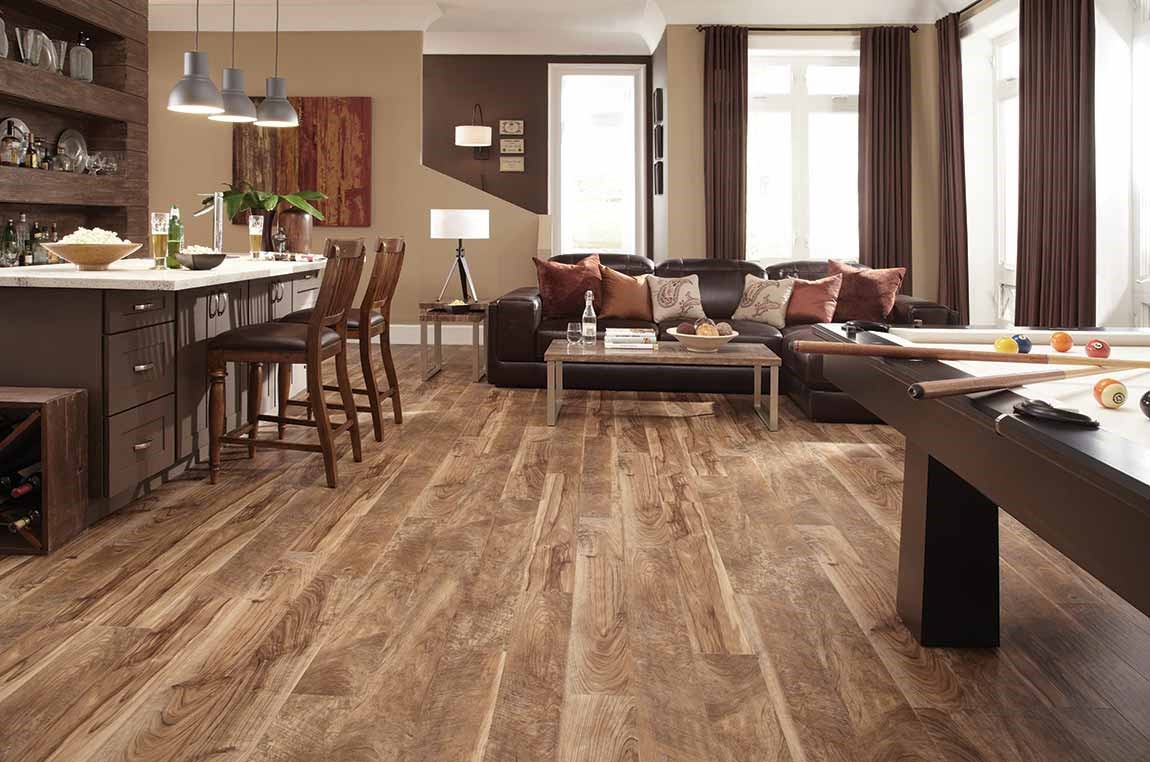
When it comes to flooring, the kitchen and living room are two of the most heavily used areas in a home. Therefore, it is important to choose a durable and practical option that can withstand high foot traffic, spills, and heavy furniture. But at the same time, it should also be aesthetically pleasing and complement the overall design of your home.
Kitchen and living room flooring can make or break the look and feel of your home. It is the foundation that ties the whole space together and sets the tone for the rest of the interior design. That's why it is crucial to carefully consider your options before making a decision.
The Benefits of a Consistent Flooring Choice

One of the biggest advantages of having the same flooring in the kitchen and living room is the cohesiveness it creates . When the flooring is consistent, it gives the illusion of a larger and more open space. This is especially important for smaller homes or open floor plans, where the kitchen and living room are visually connected.
In addition, a consistent flooring choice also makes the transition between the two areas smoother and more natural. This is especially beneficial for those who love to entertain or have an active family life. With seamless flooring, there won't be any awkward breaks or uneven surfaces, making it easier to move around and socialize.
Choosing the Right Flooring Material

There are various flooring options to choose from, each with its own set of pros and cons. Hardwood flooring is a popular choice for both kitchens and living rooms, as it exudes warmth and adds a touch of elegance to any space. However, it may not be the most practical option for the kitchen, as it can be easily damaged by water and stains.
Laminate flooring is a more affordable alternative to hardwood and can mimic its appearance. It is also more durable, making it a suitable choice for kitchens. However, it may lack the warmth and character of real wood.
Tiles are another popular choice for kitchens due to their durability and resistance to water and stains. They also come in a variety of styles and patterns, making it easy to find one that complements your living room flooring. However, they may not be the most comfortable option for the living room, as they can be cold and hard underfoot.
Conclusion

In conclusion, kitchen to living room flooring plays a crucial role in creating a cohesive and visually appealing home design. With the right flooring material, you can achieve a seamless transition between these two spaces, making your home feel more spacious and inviting. So, take your time to consider your options and choose a flooring that not only looks great but also meets the practical needs of your household.

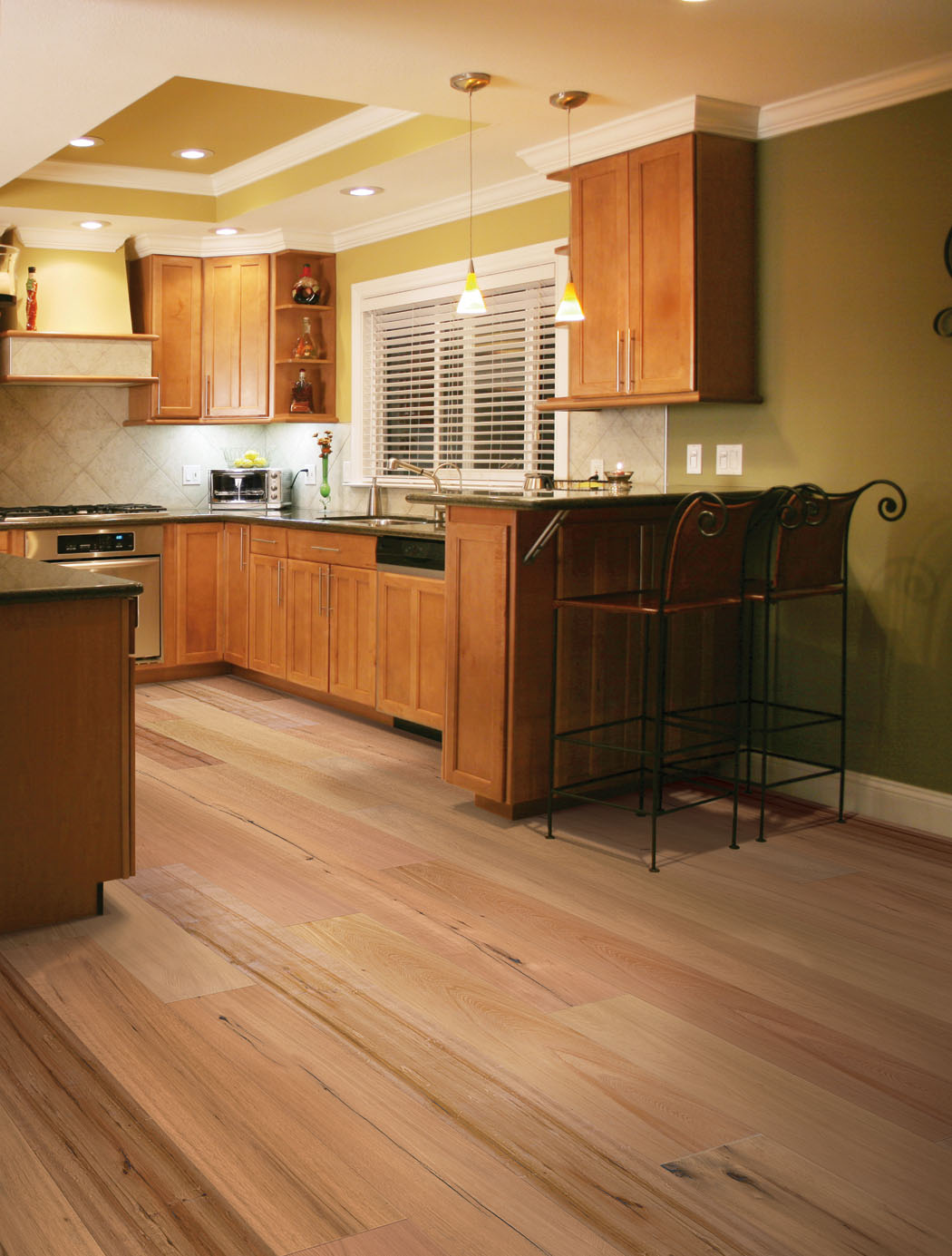

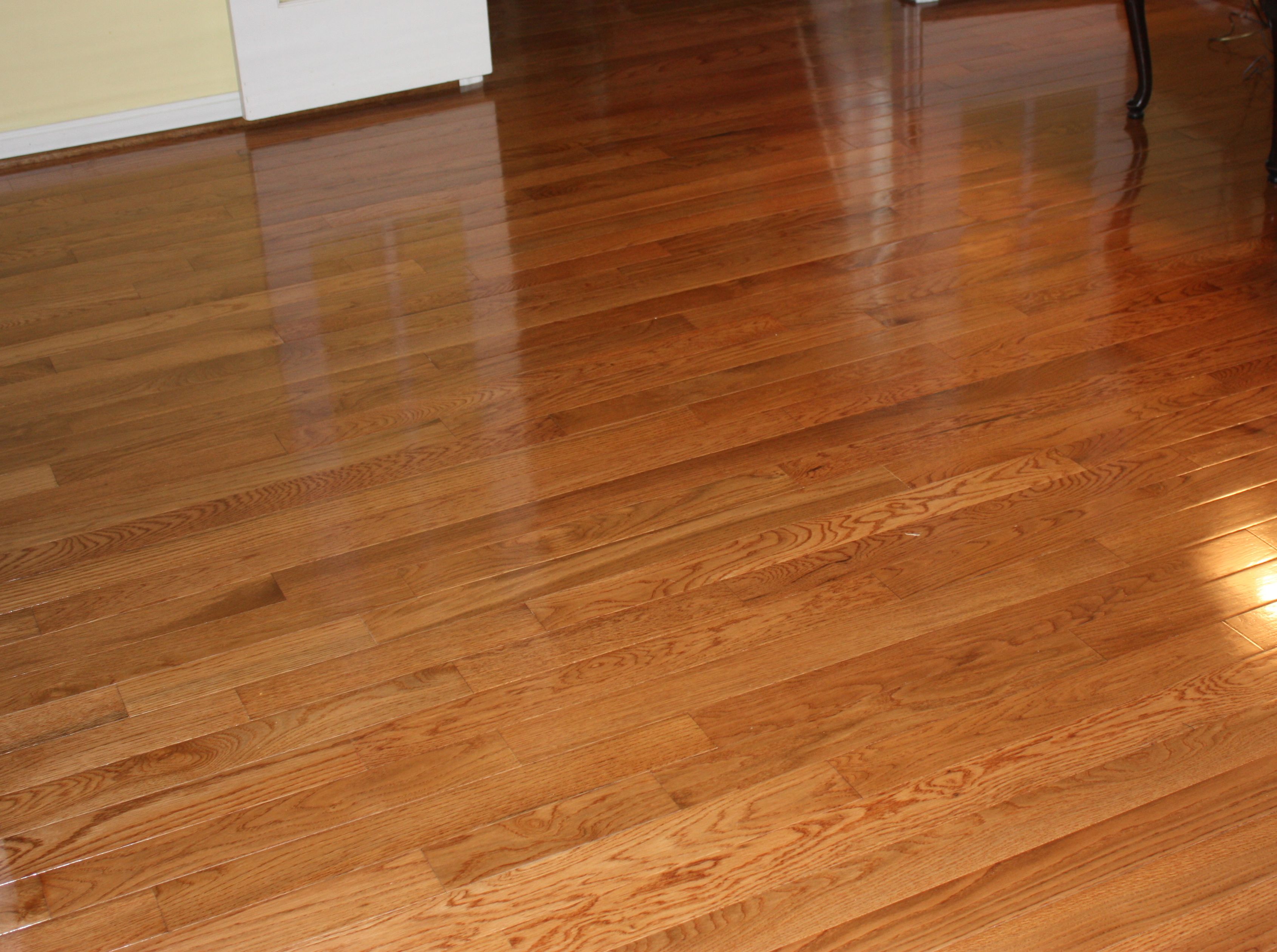
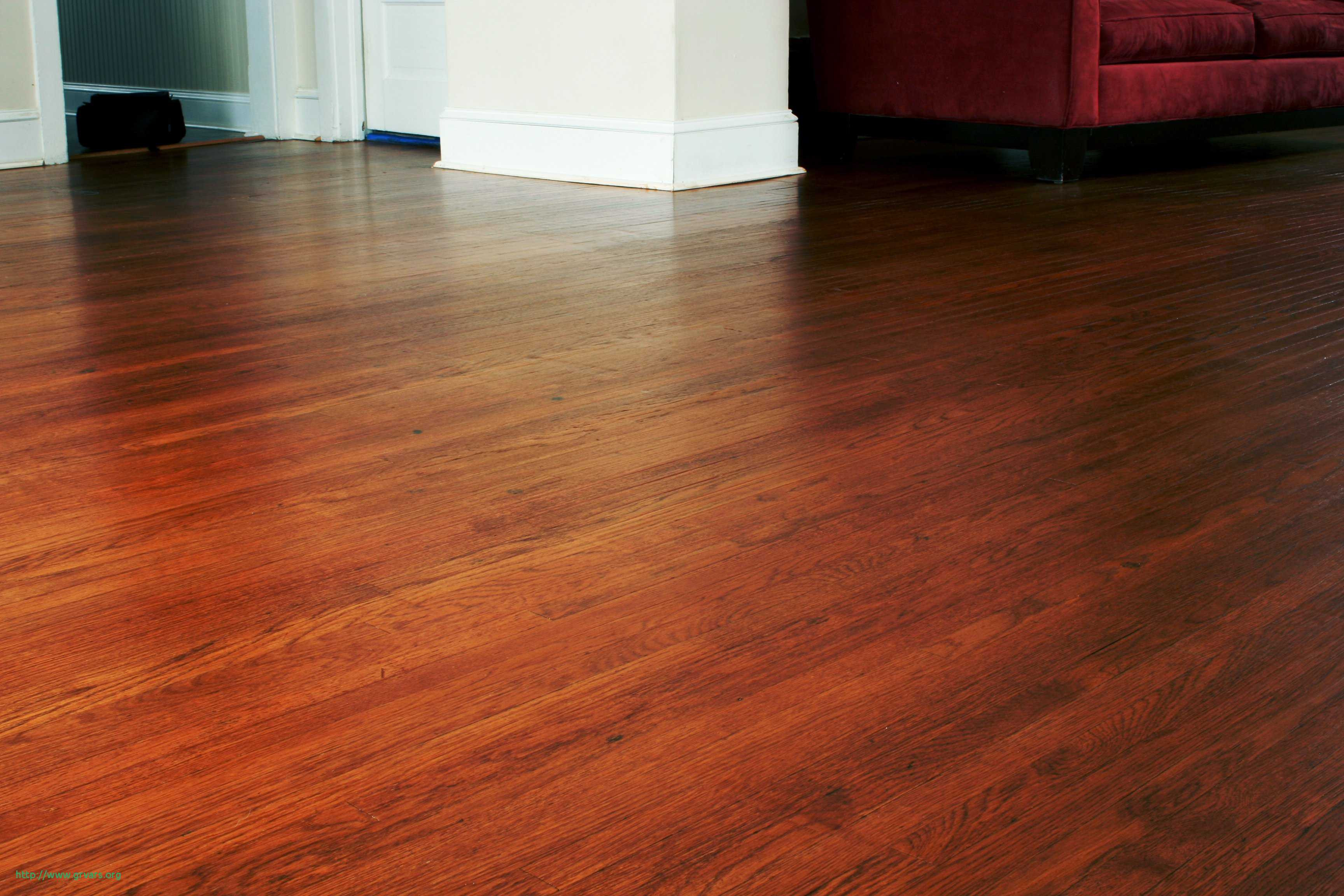

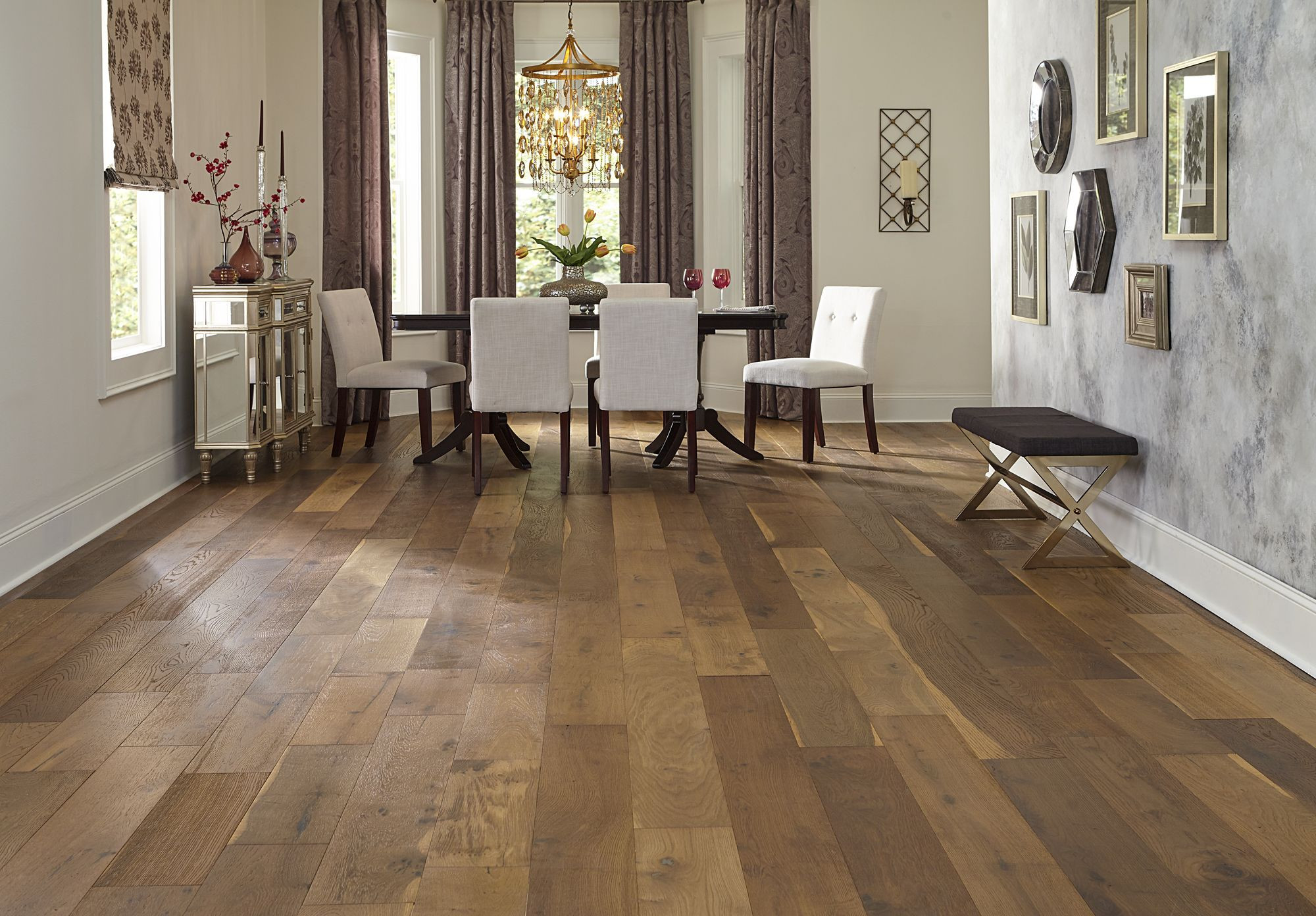
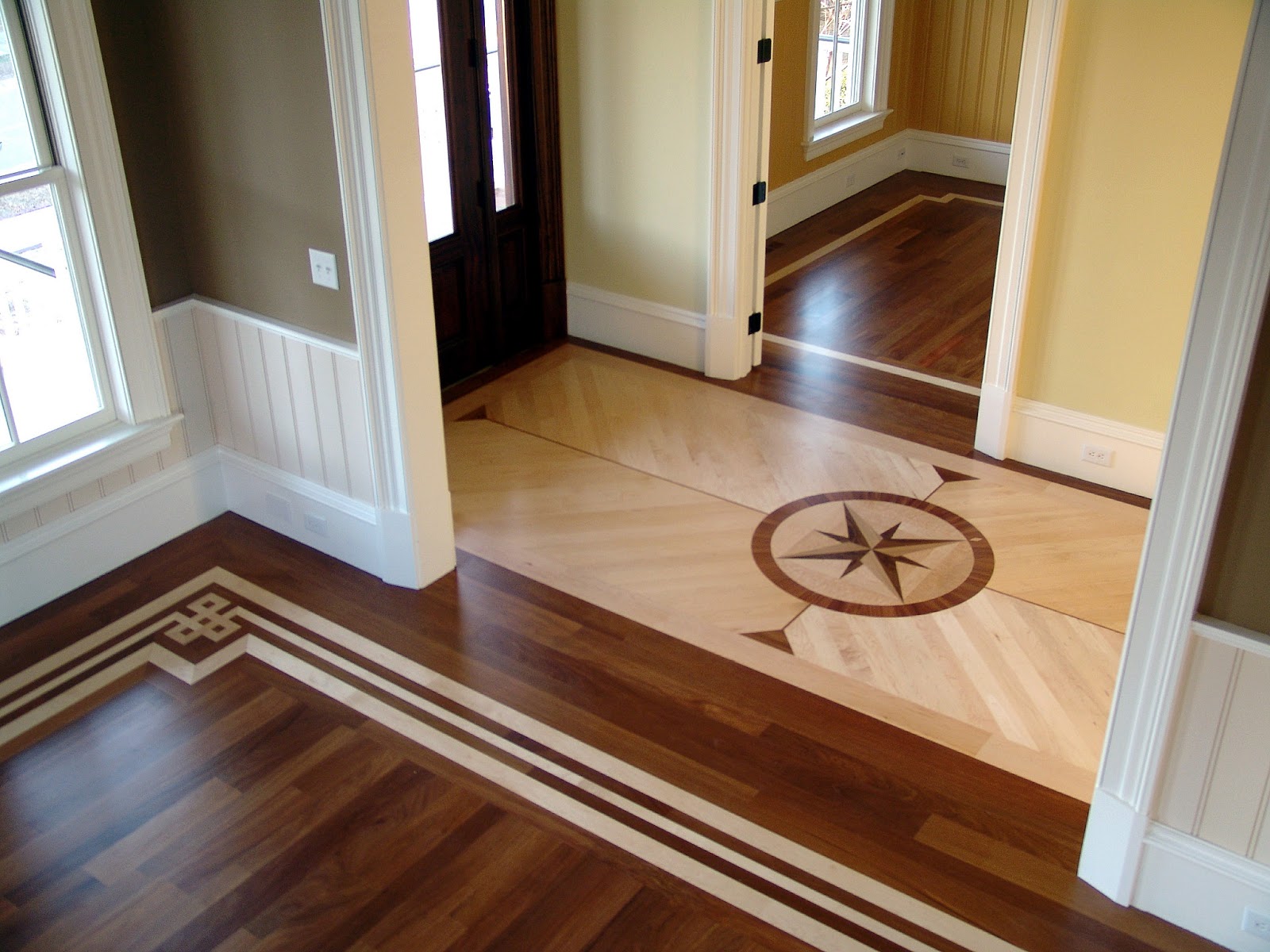
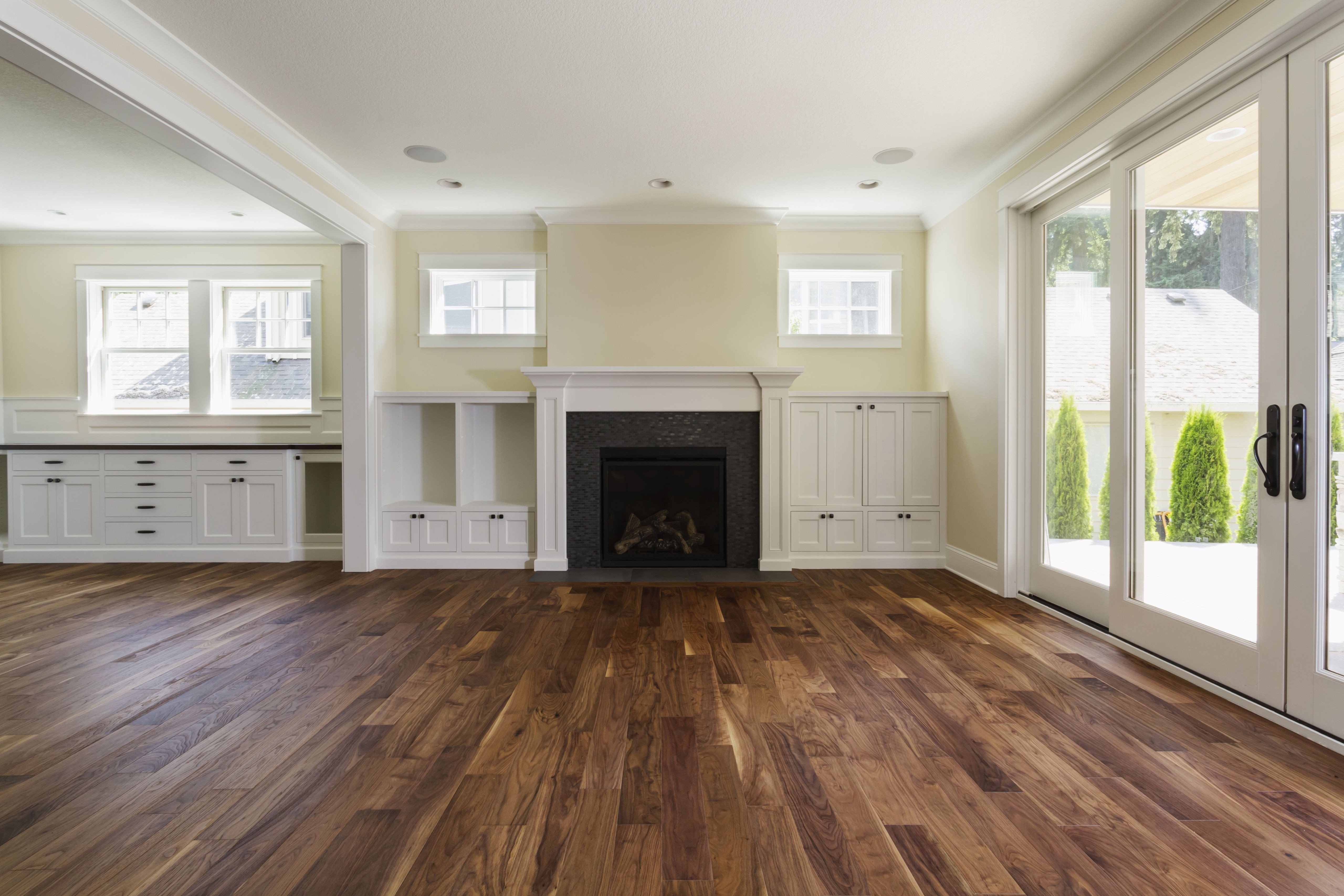
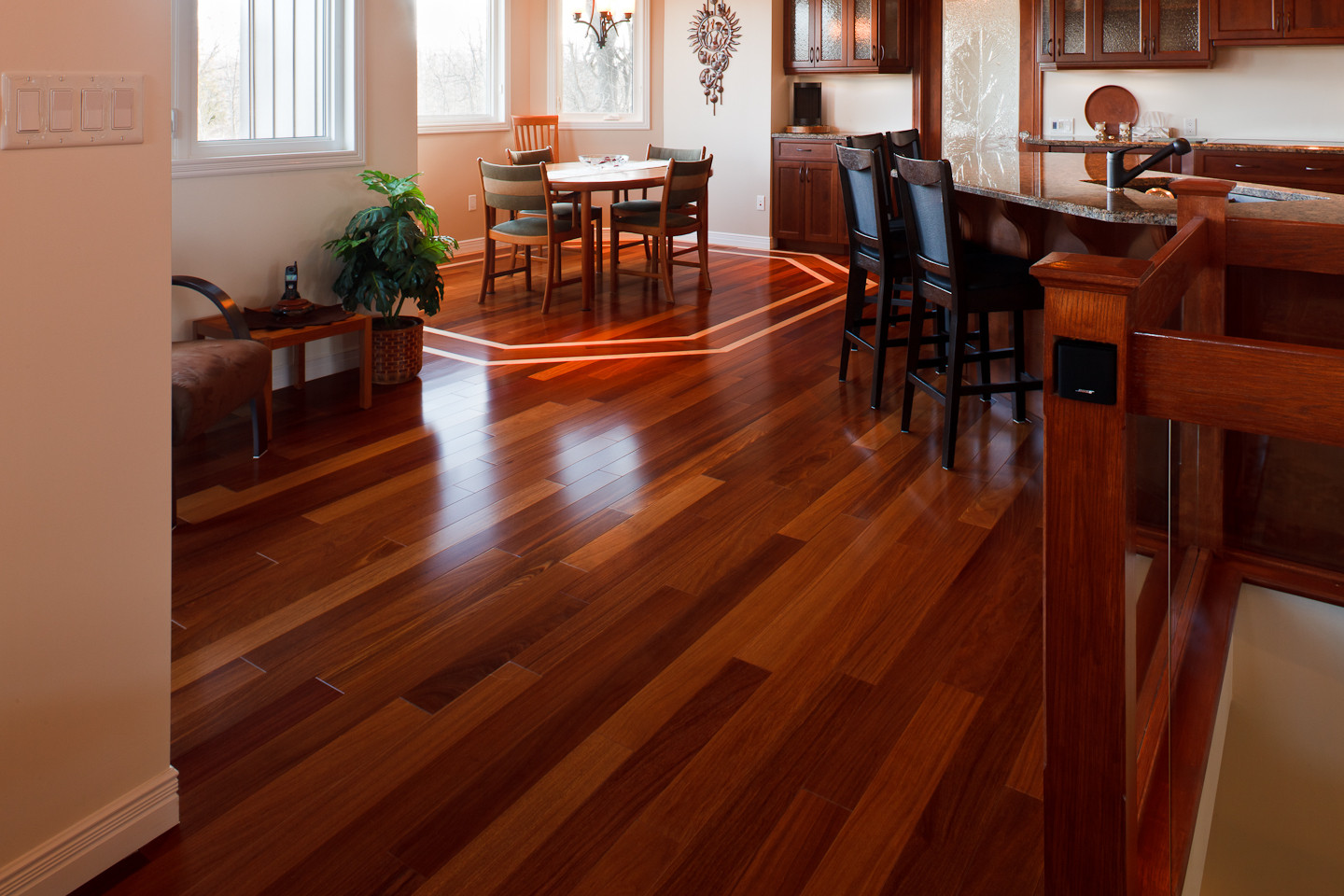
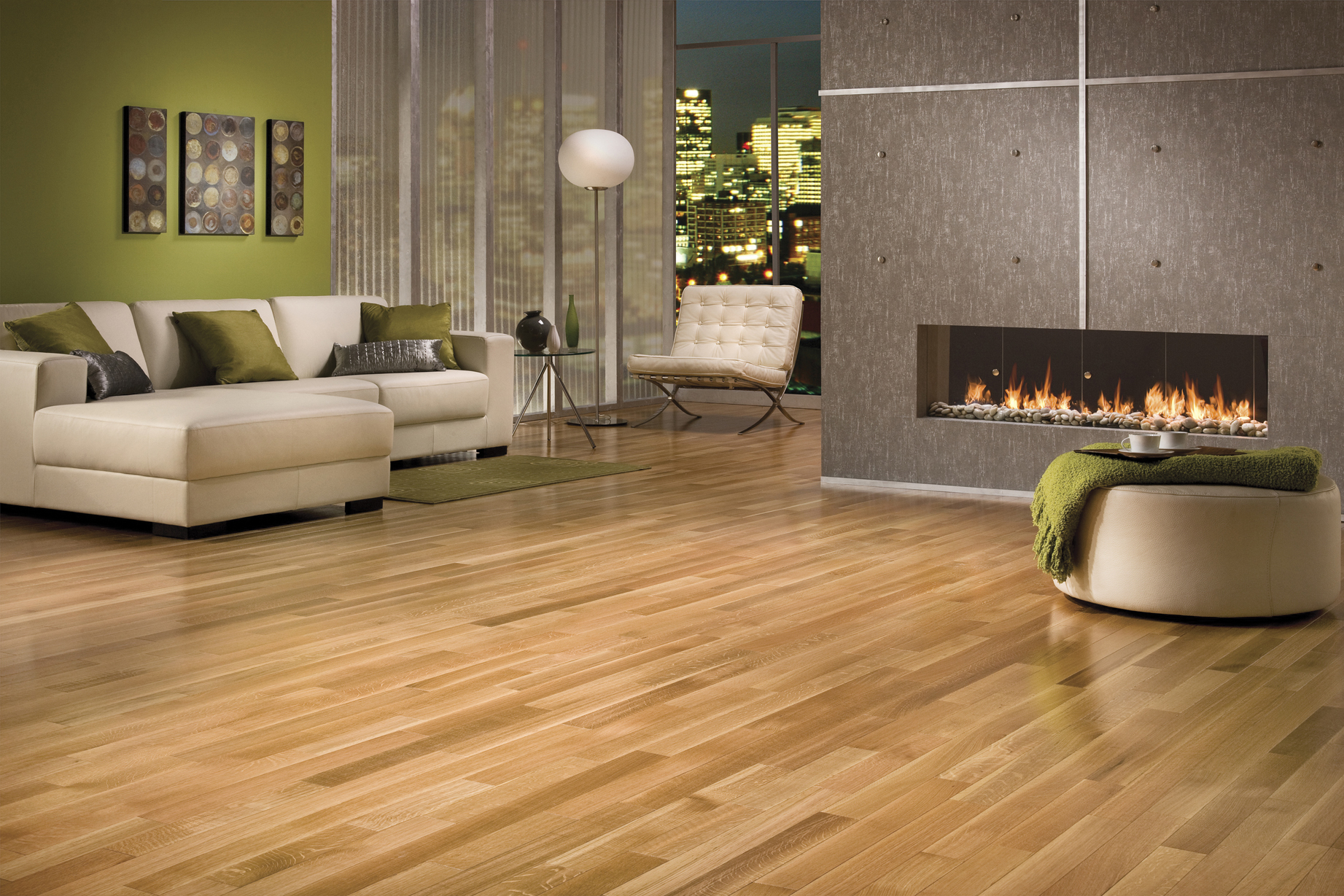
/GettyImages-157332889-5886d8383df78c2ccd65d4e1.jpg)
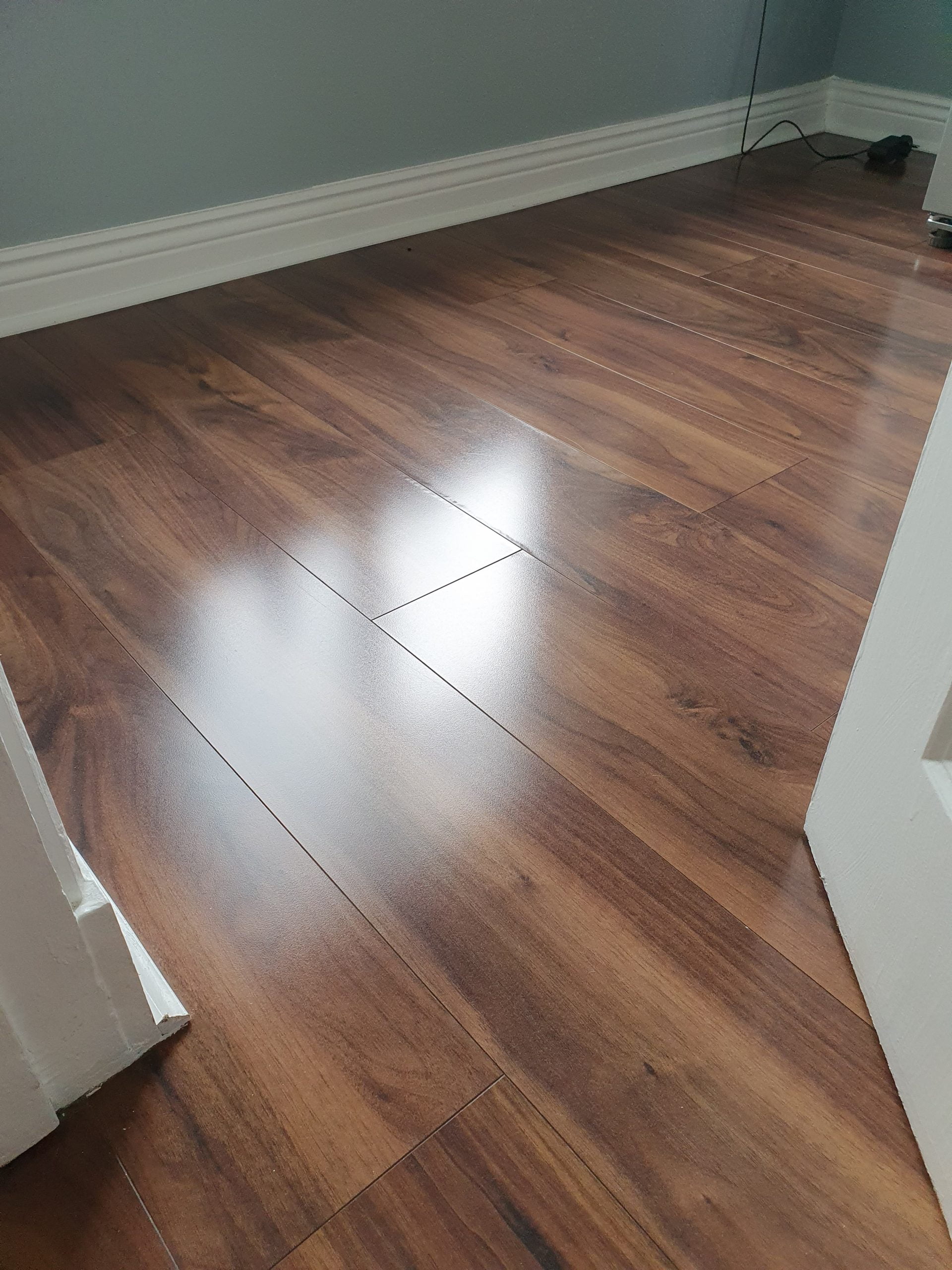






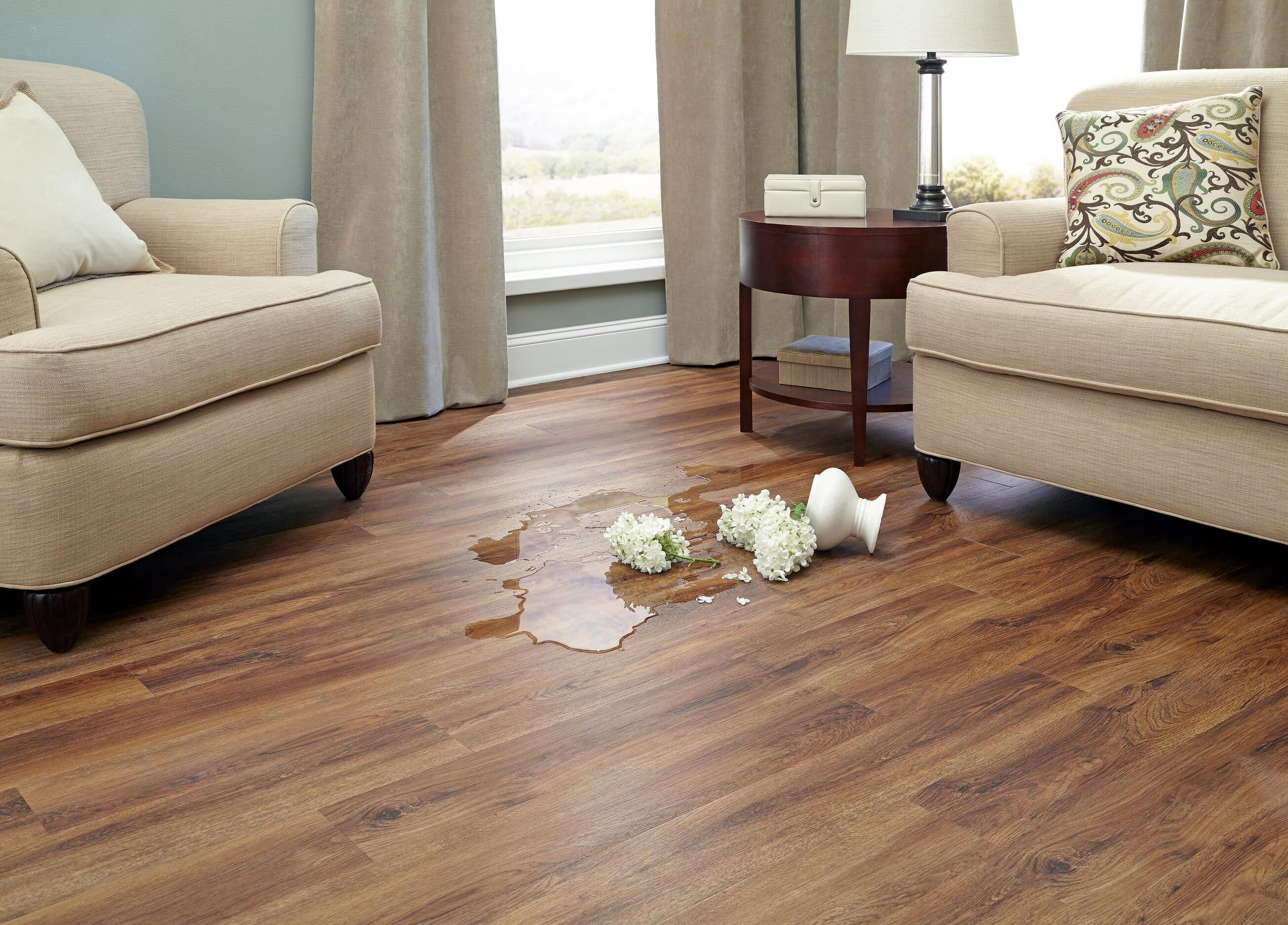




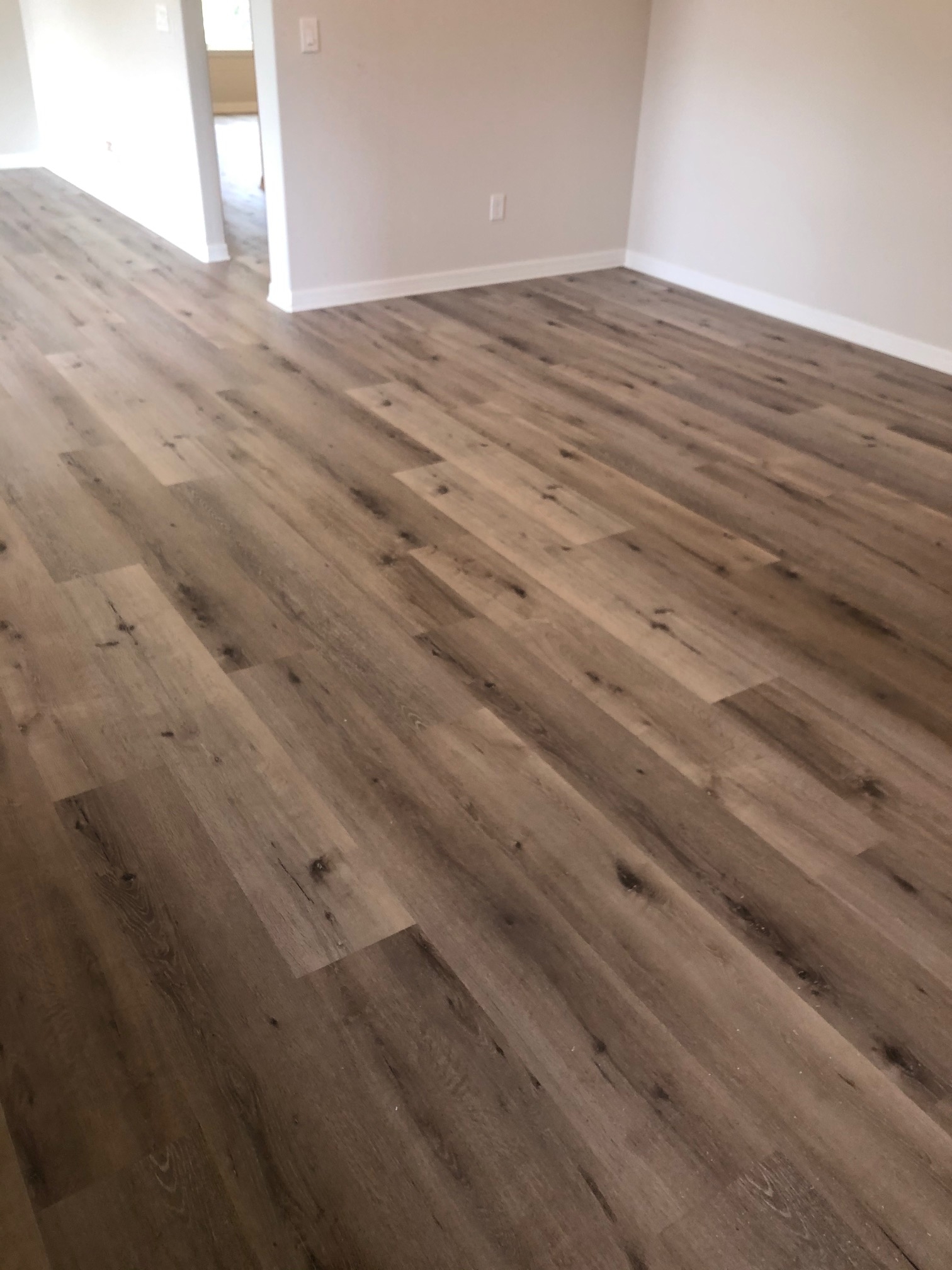


:max_bytes(150000):strip_icc()/LumberliquidatorsCoreluxeDeweyMeadowOakEvp-966e281976dc455e8e8dae0bf99ce66a.jpg)
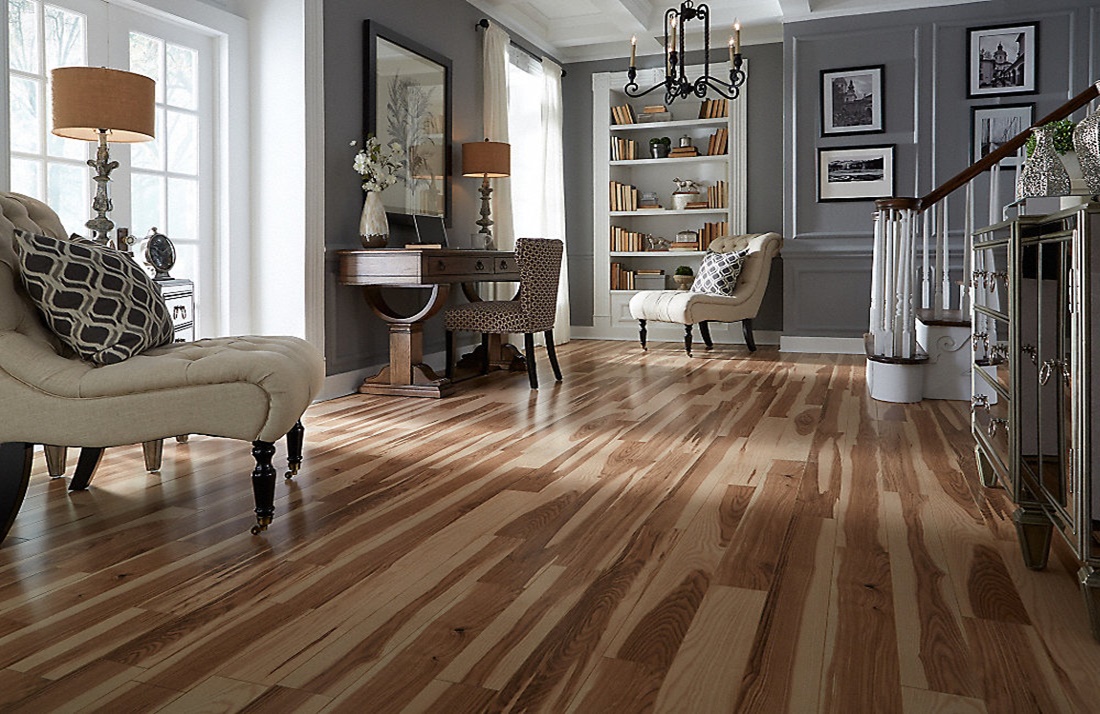

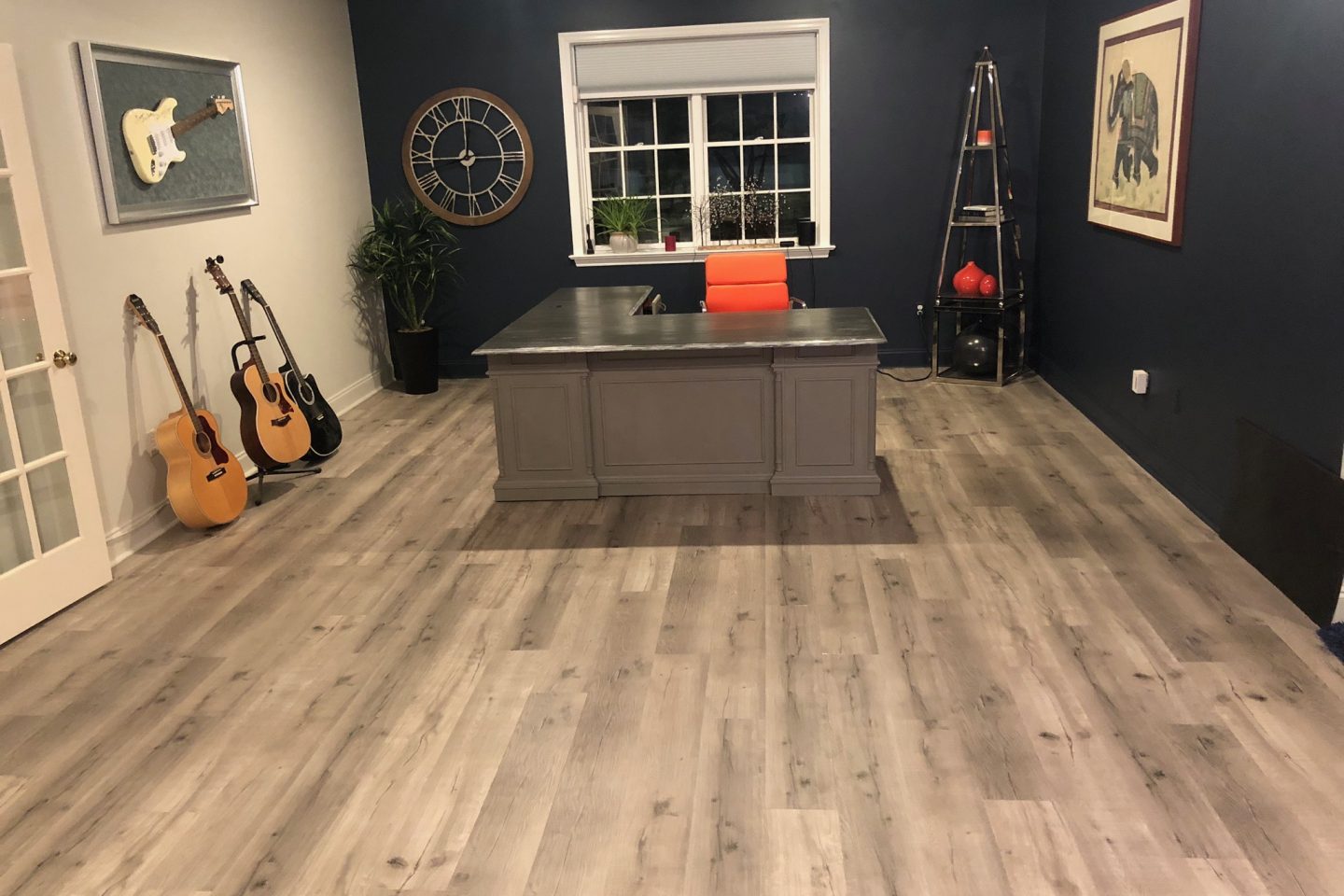
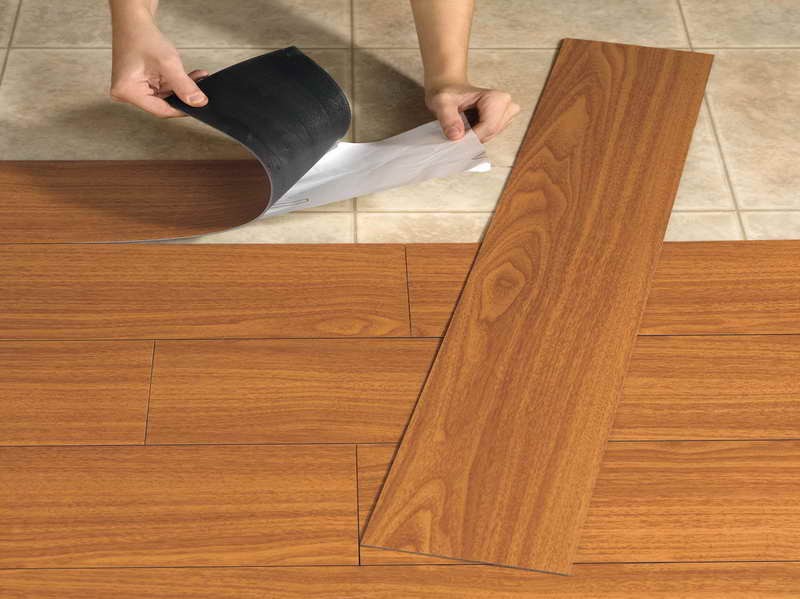
/Vinylwoodfloor-GettyImages-1086734442-54734c8c0a9a40f681ce97fa7deac657.jpg)





/different-sized-and-asymmetrically-arranged-tiles-on-floor-182663269-588be6233df78caebcbe11dc.jpg)
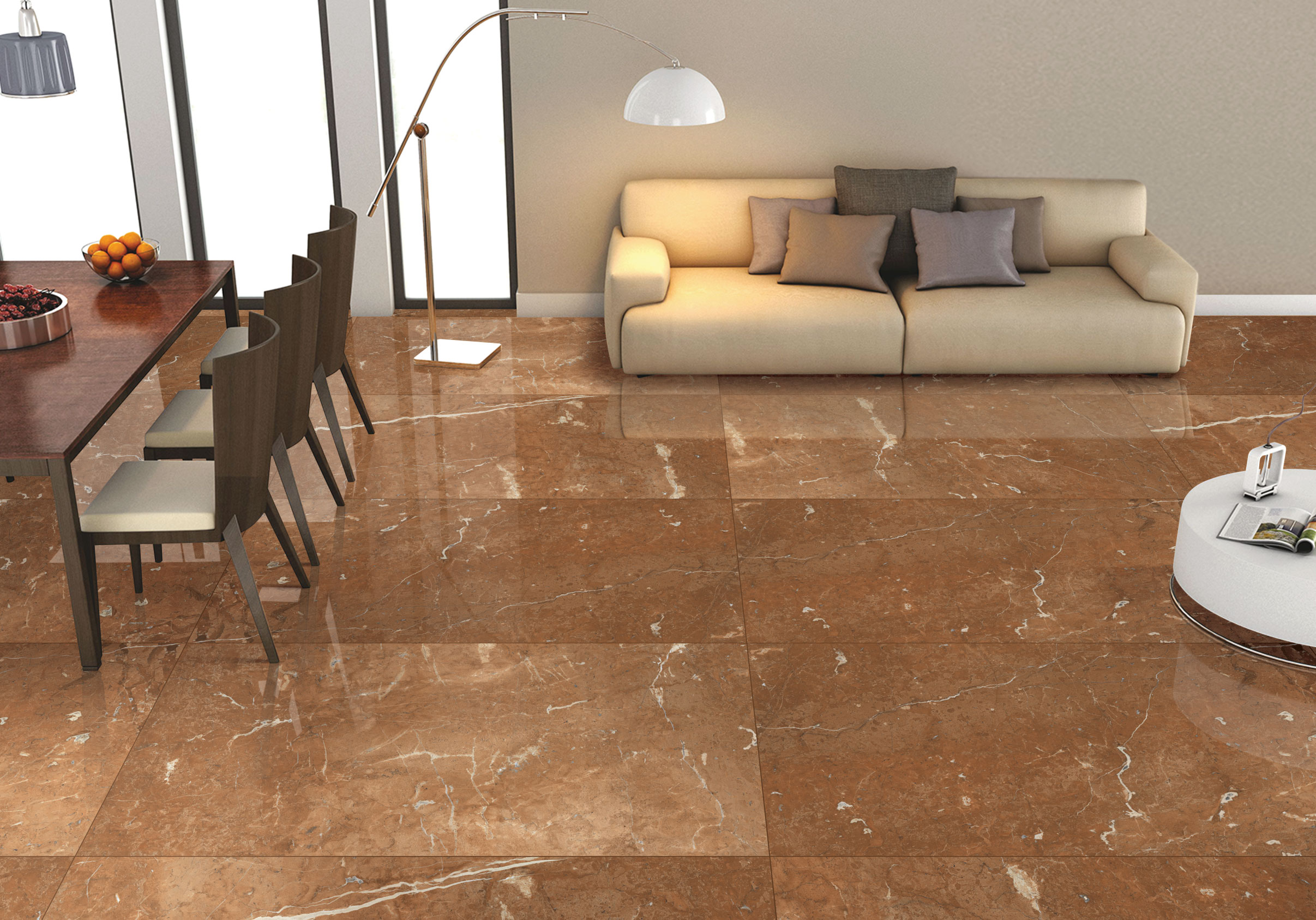


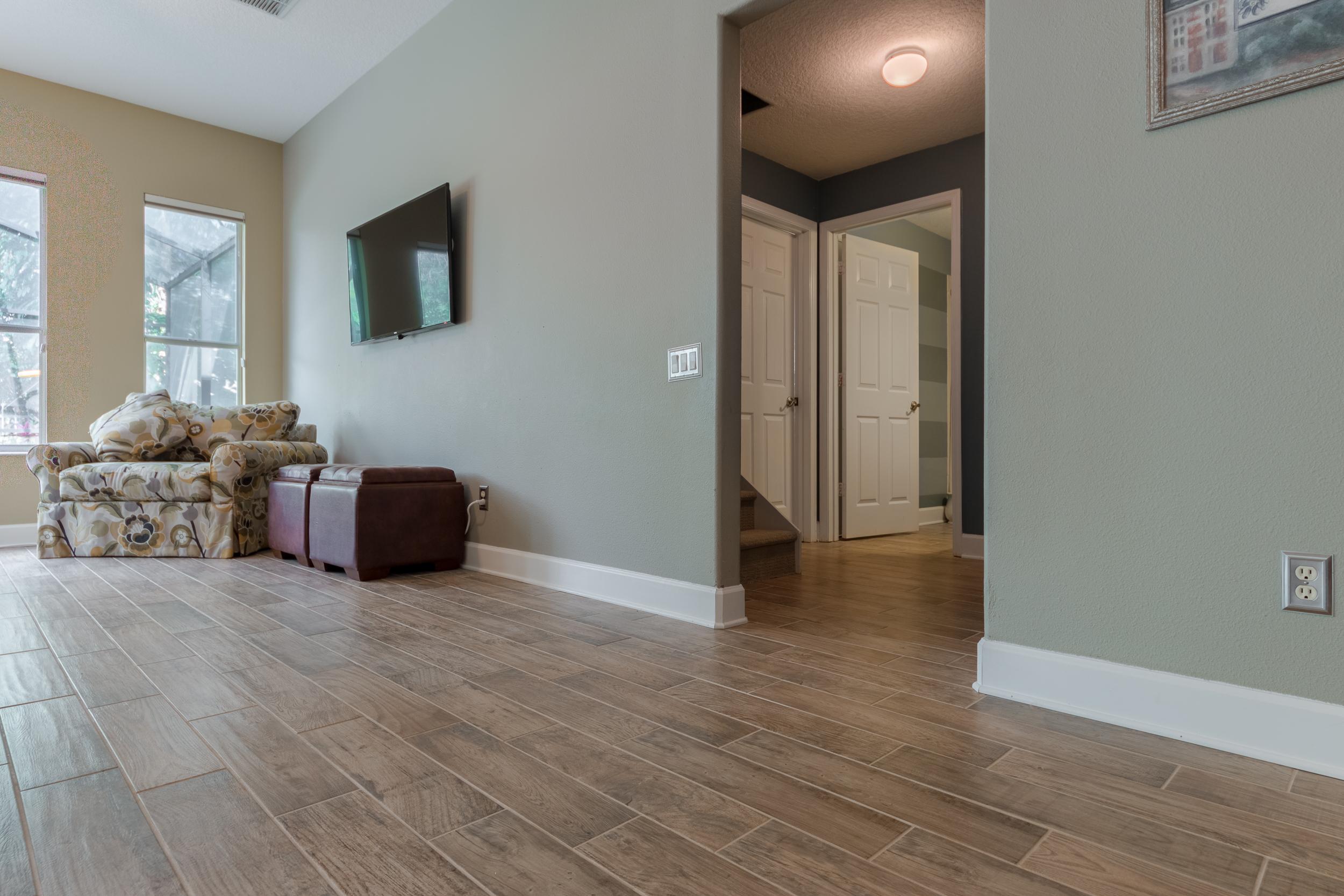
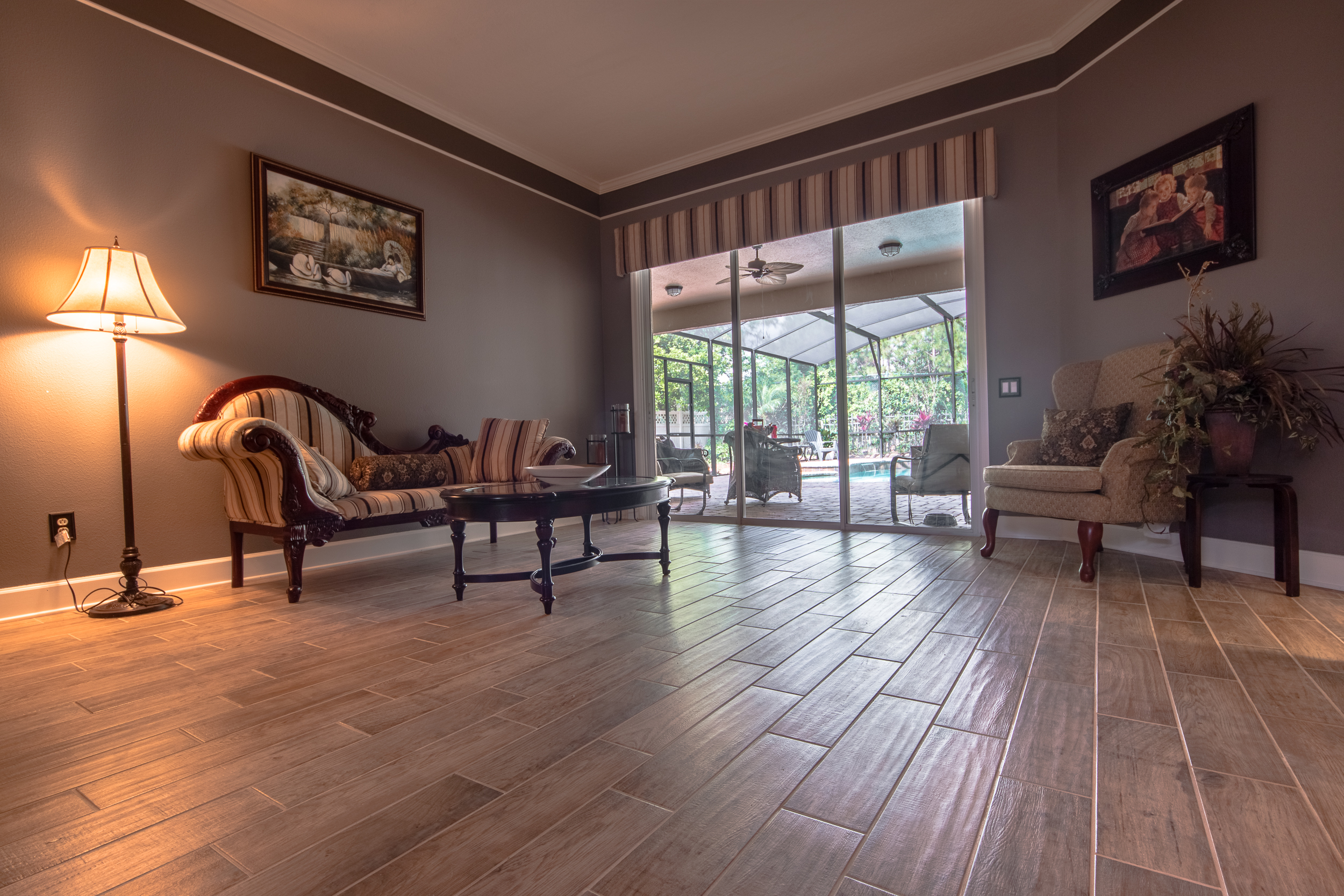

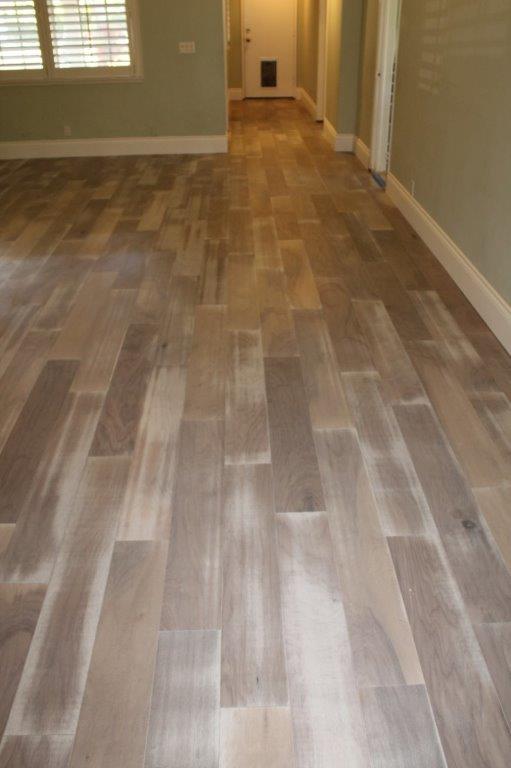
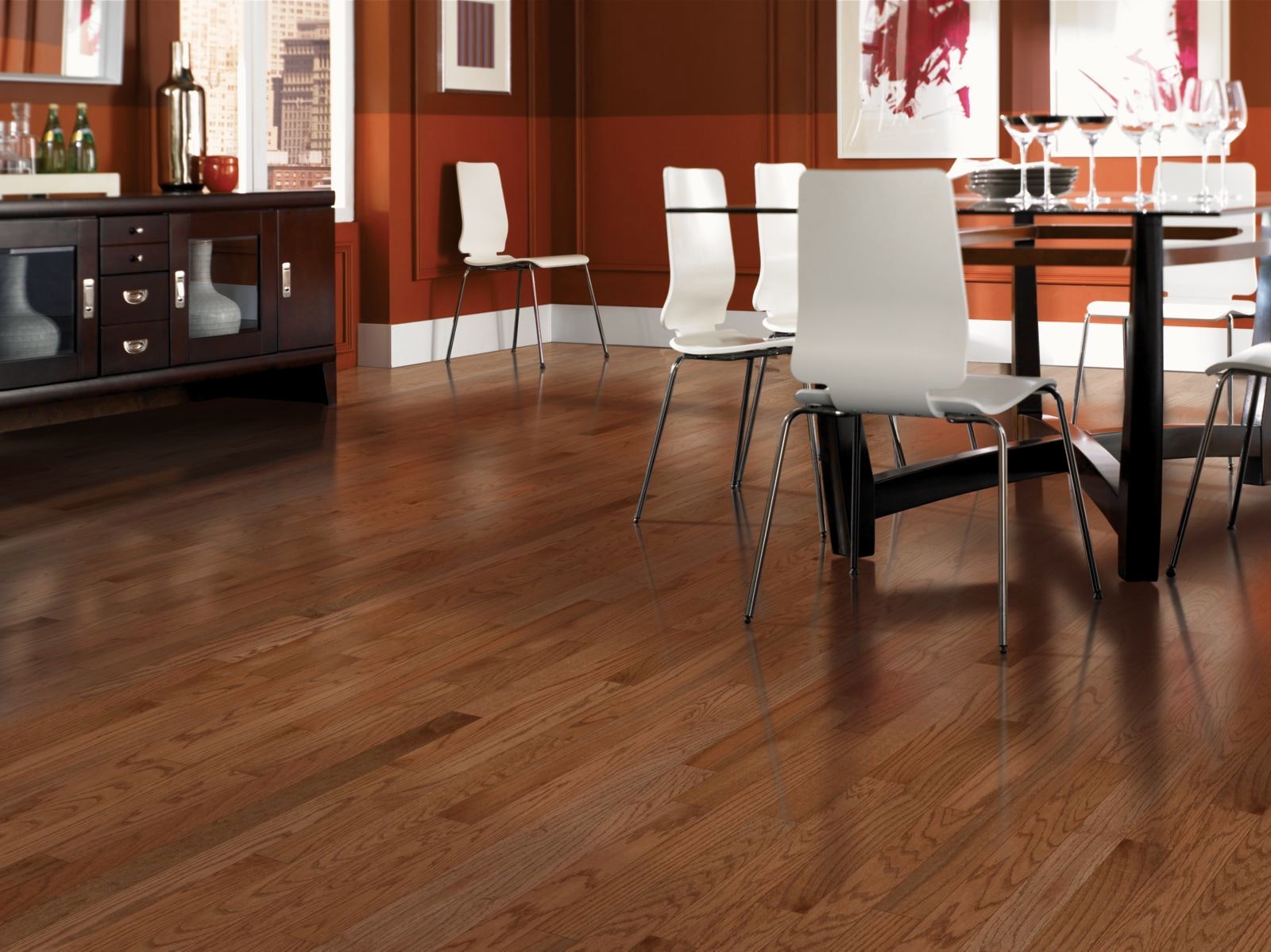
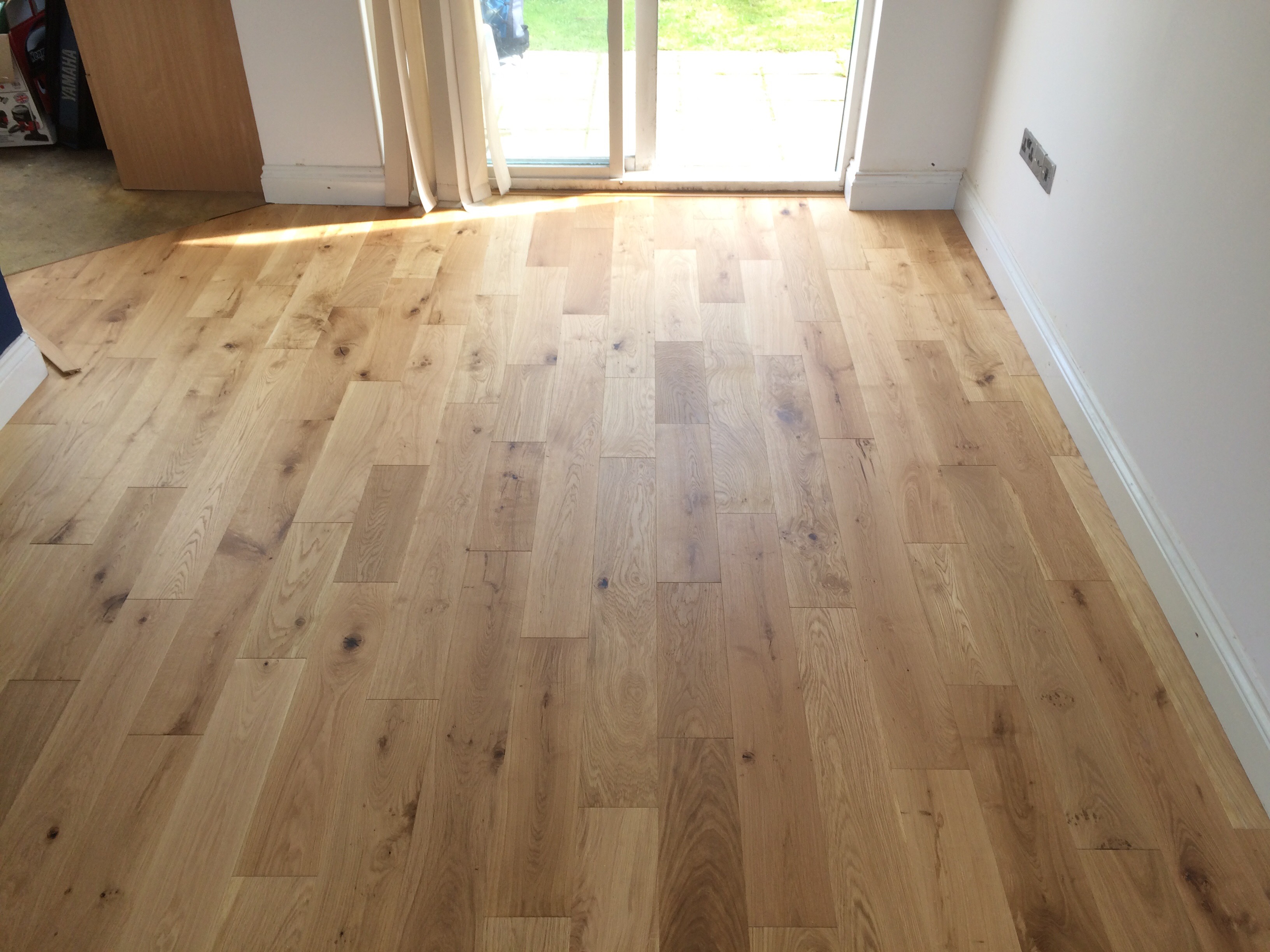
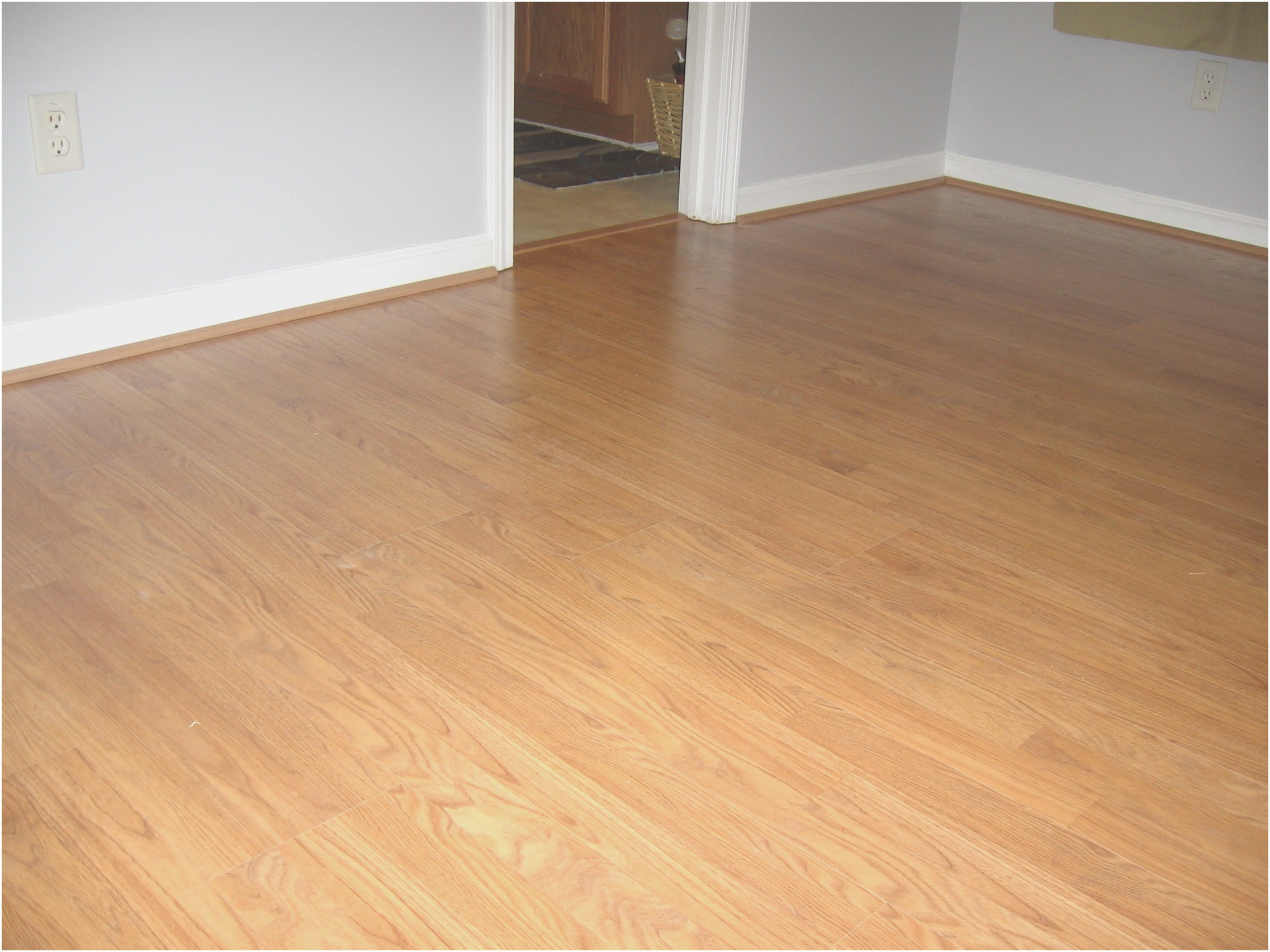
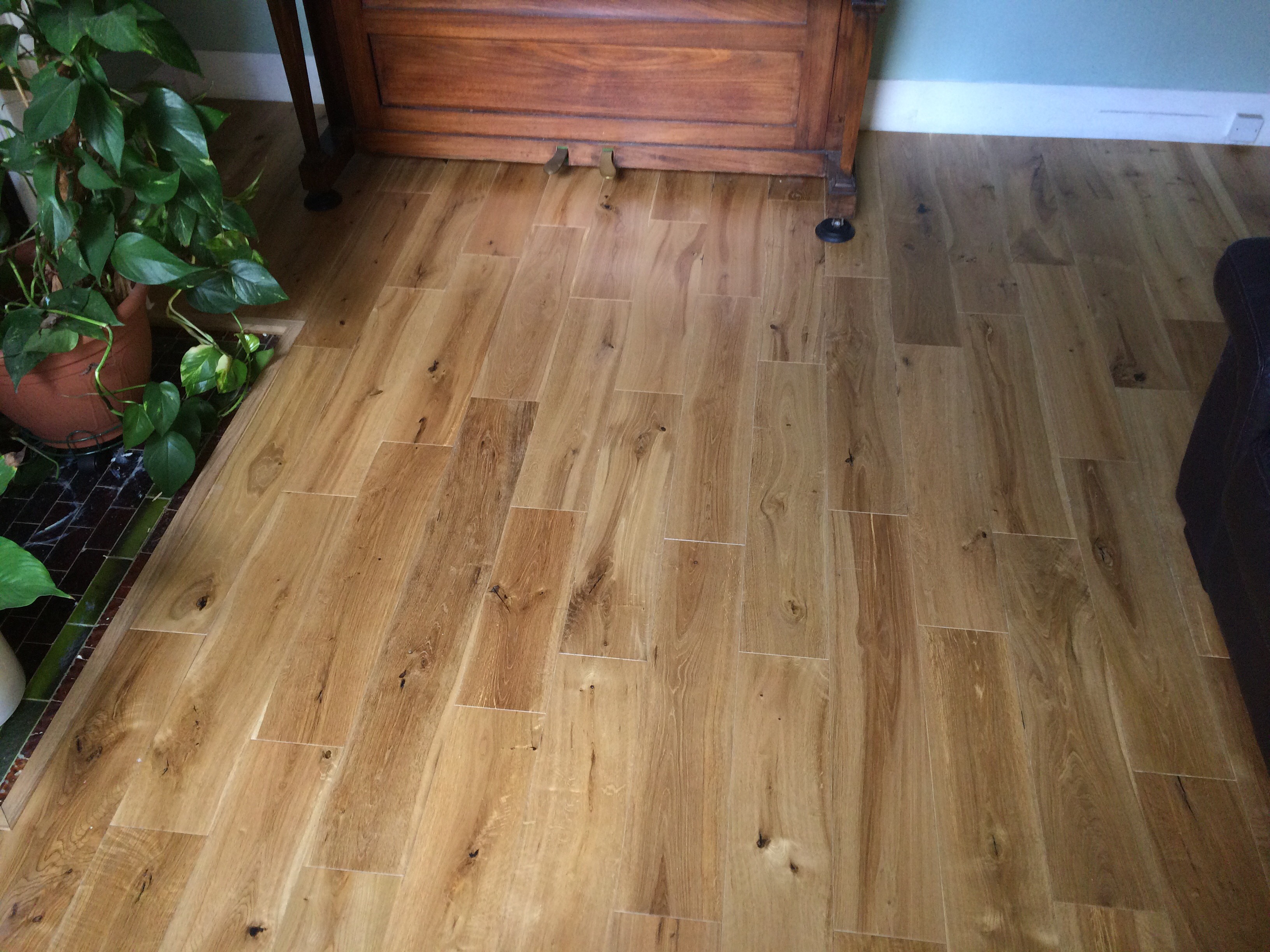
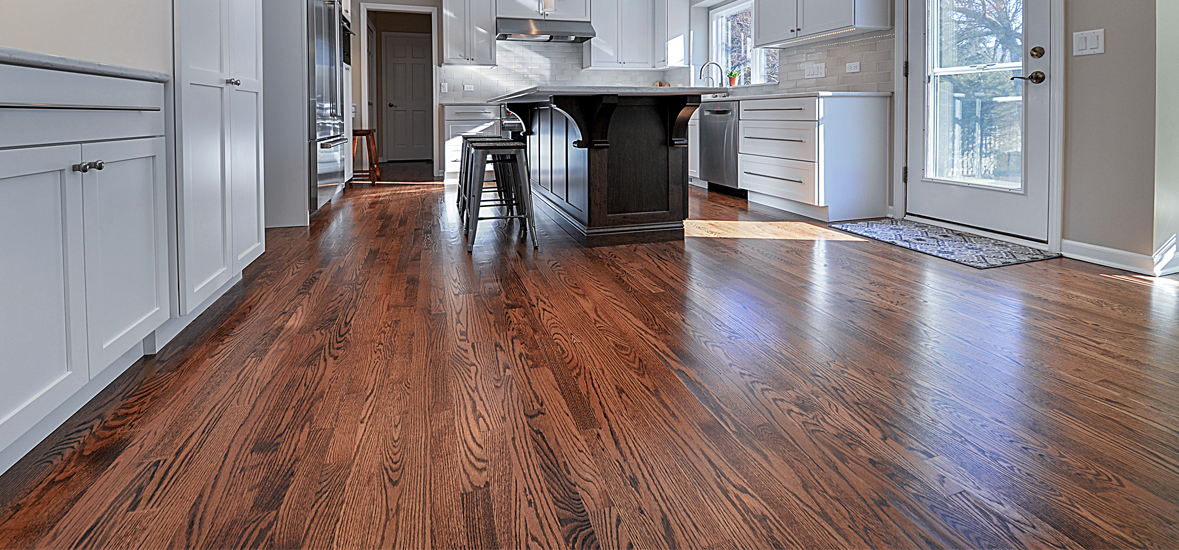
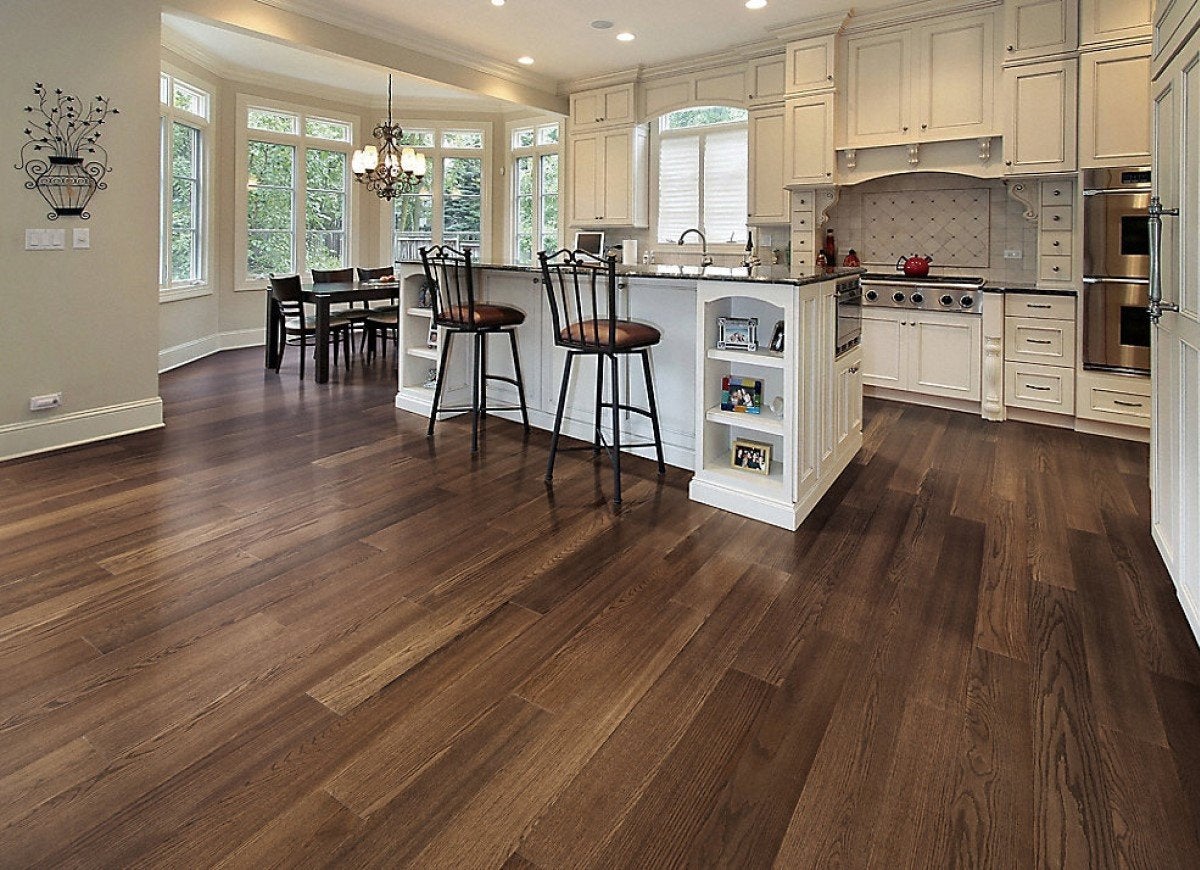
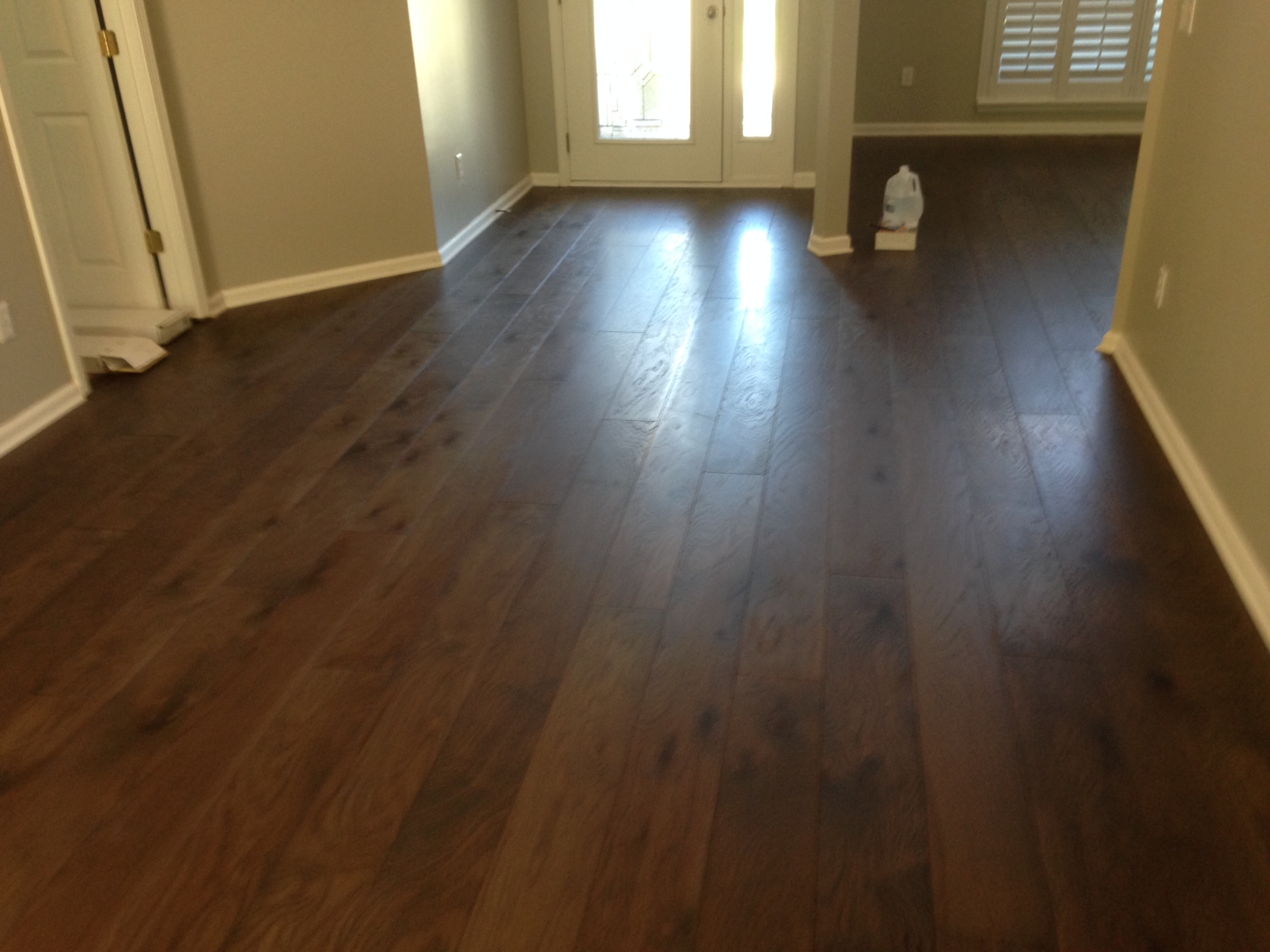
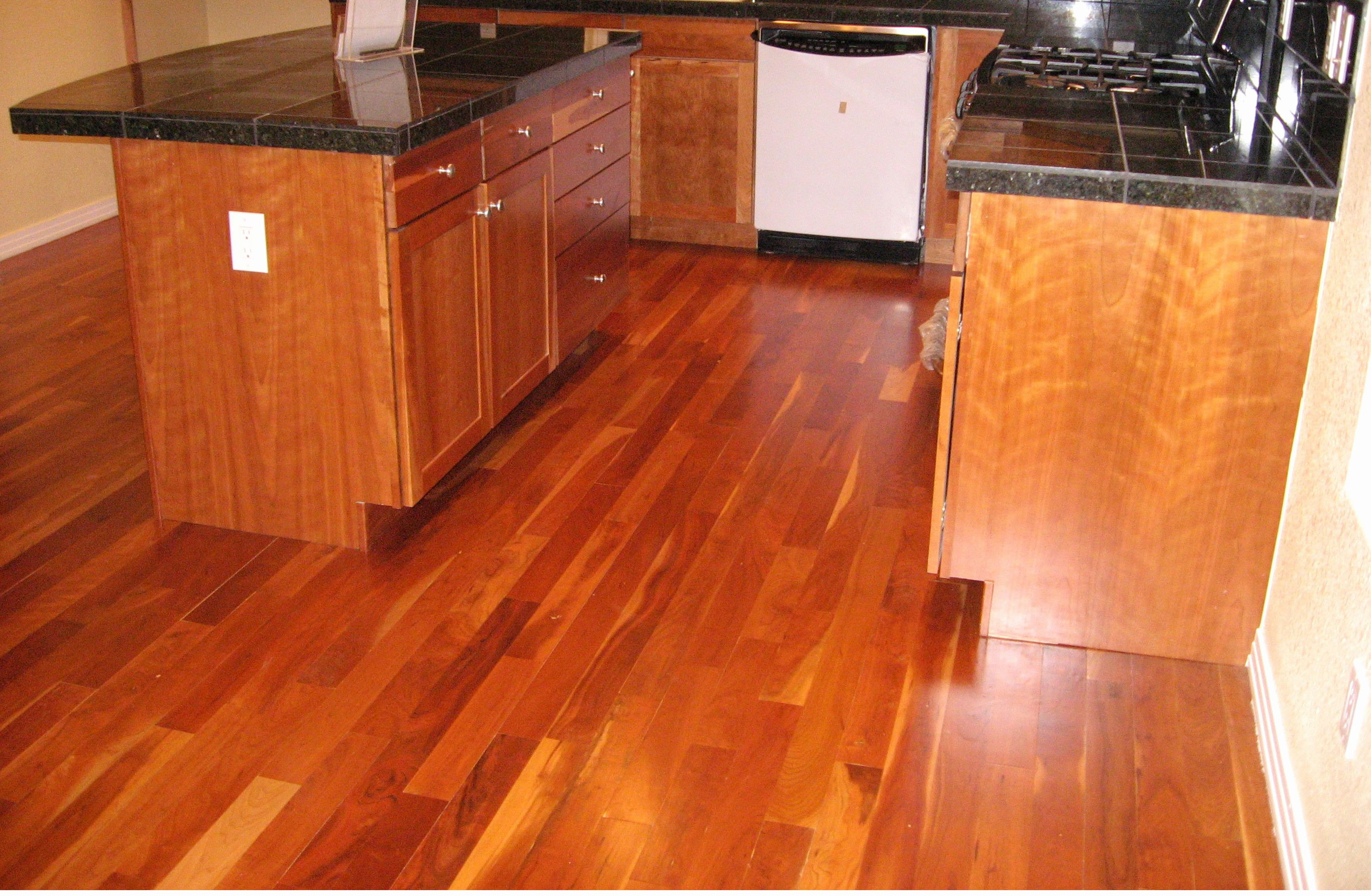

/bamboo-floor--full-frame-200266305-001-59a4517bd963ac00118a3d9f.jpg)
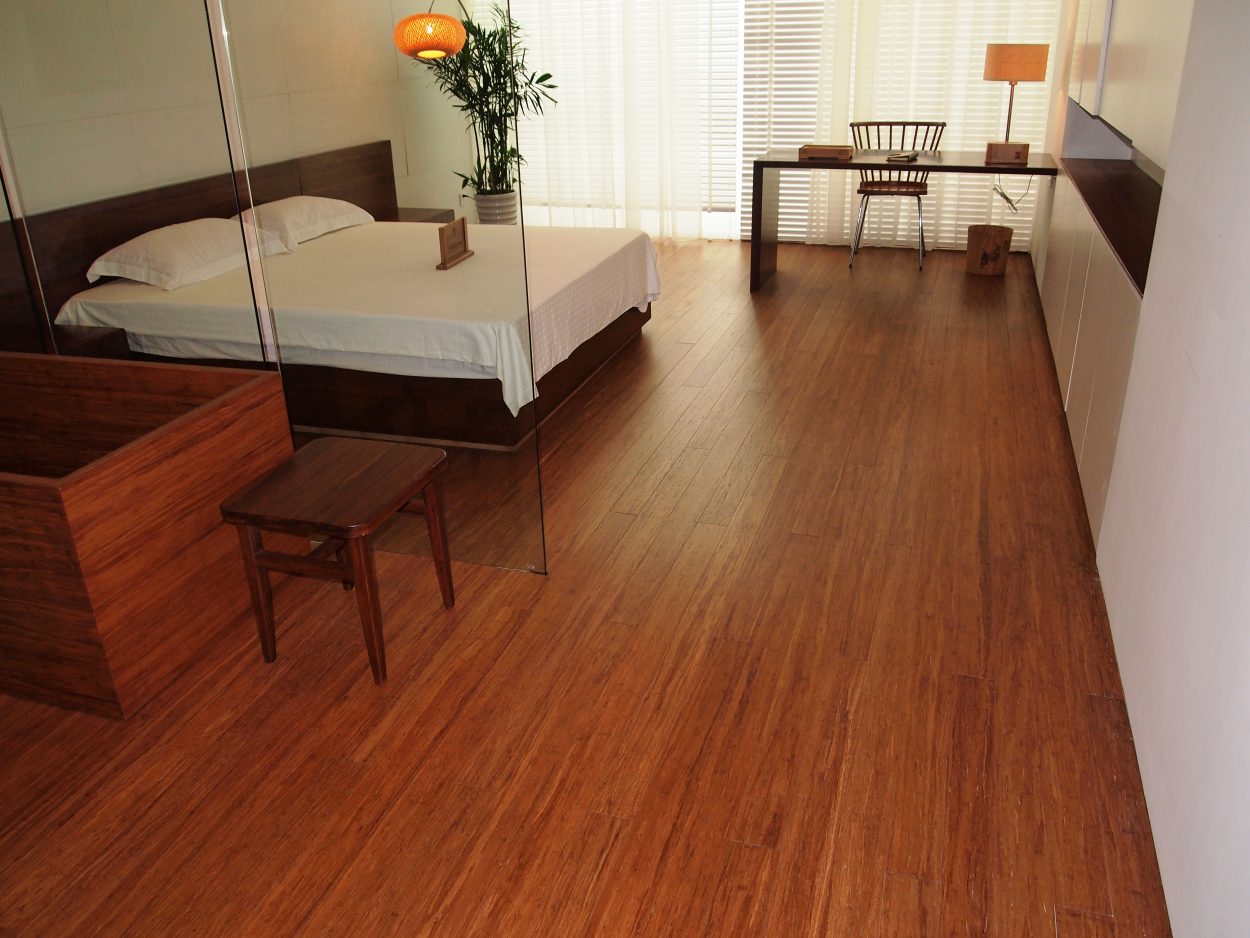


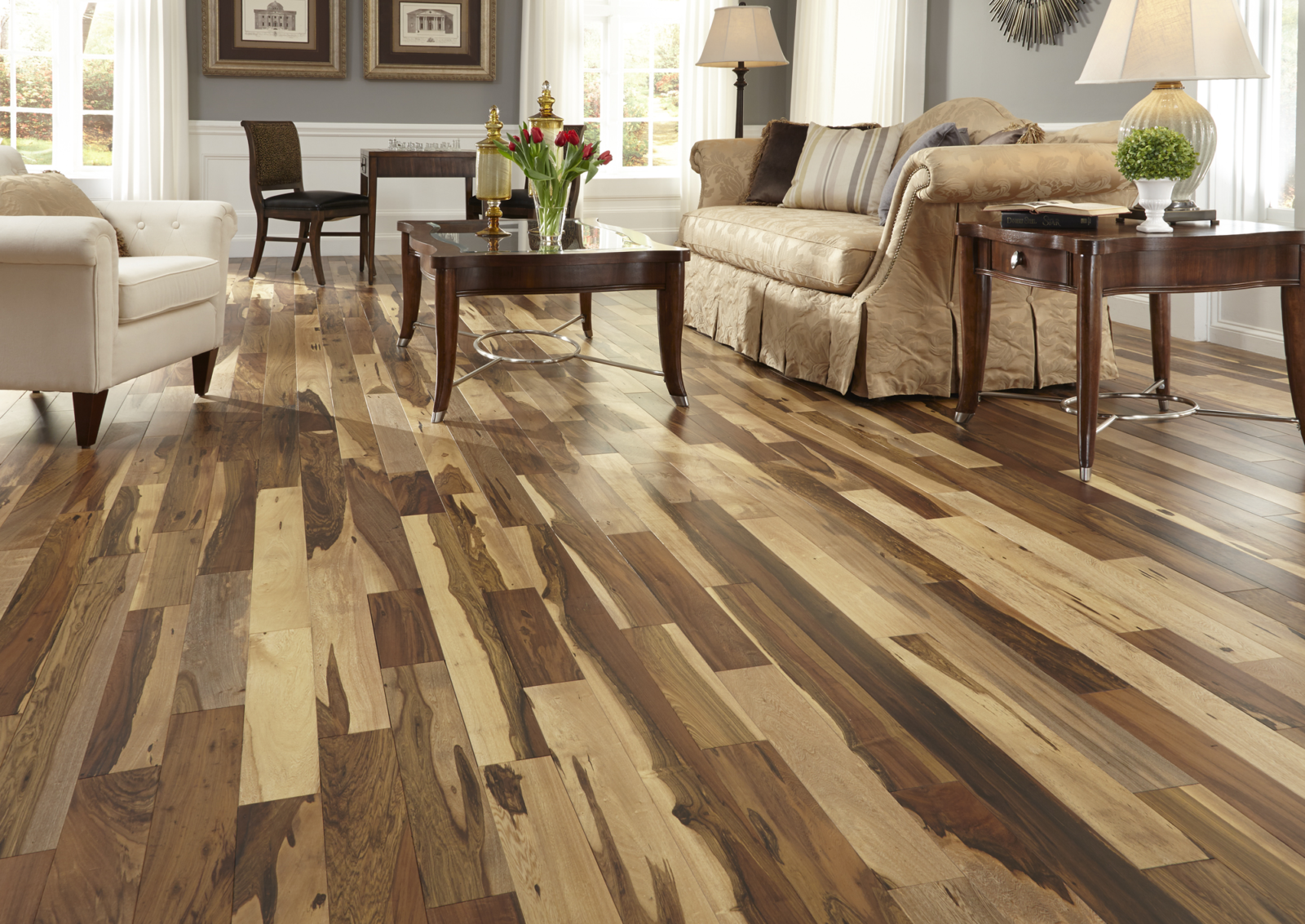
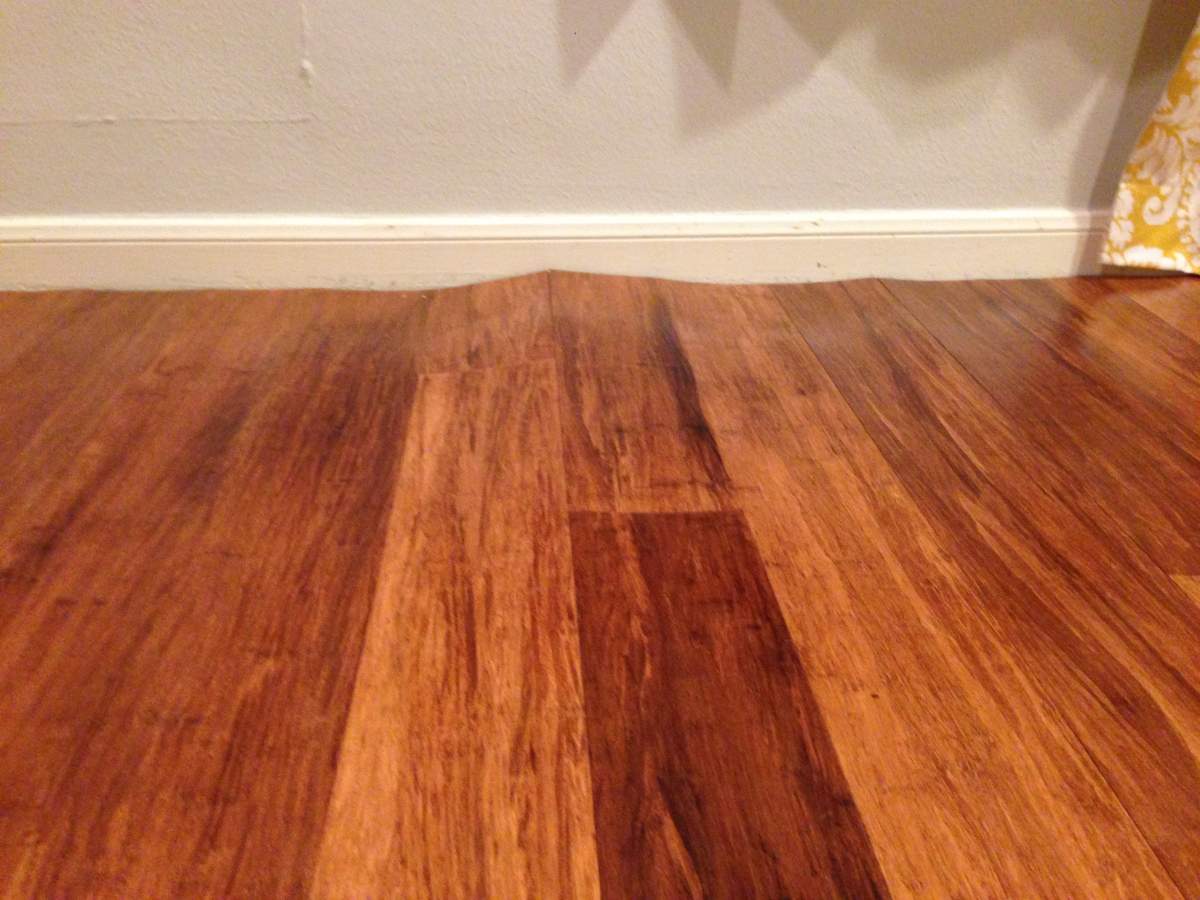

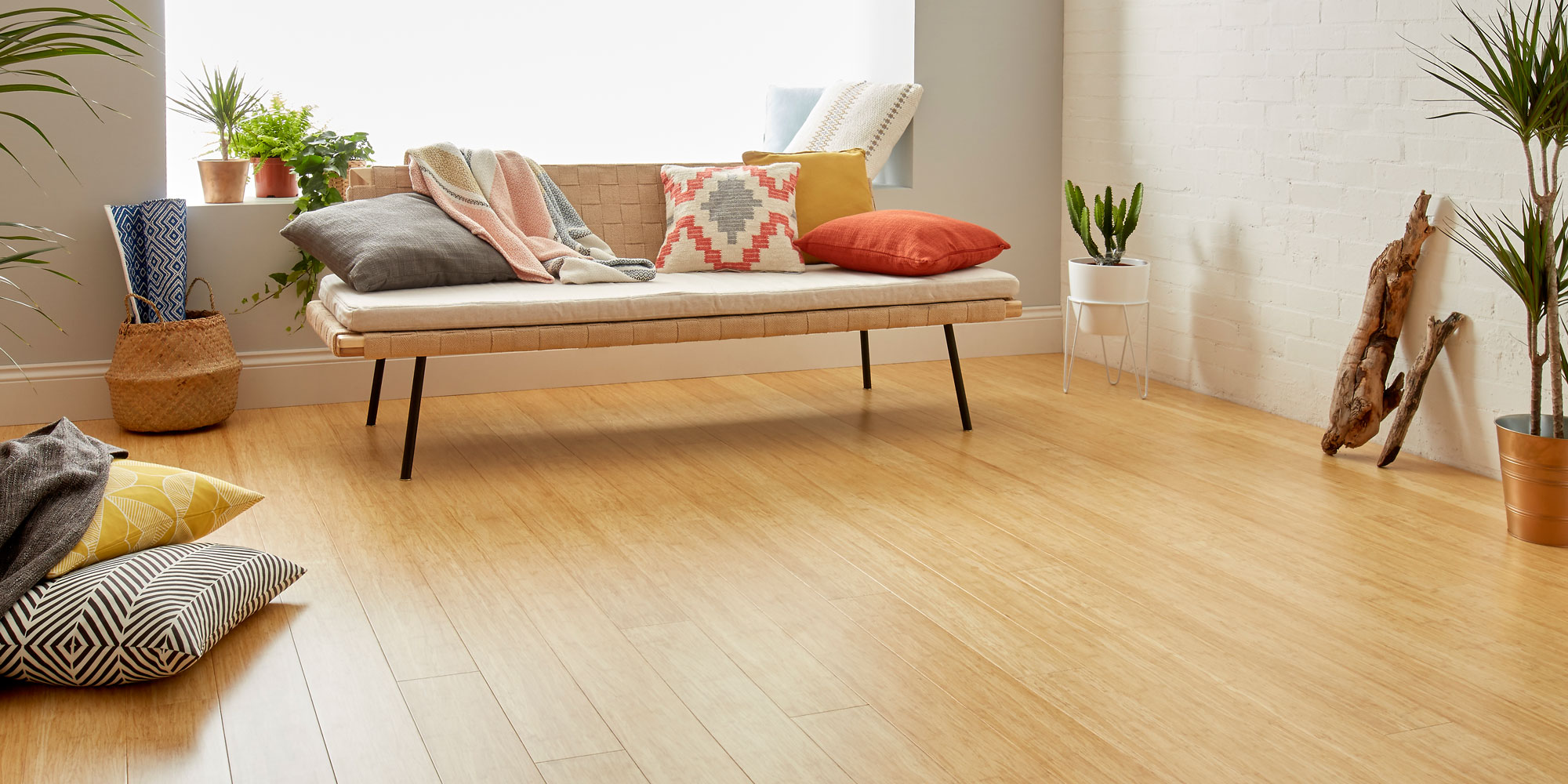
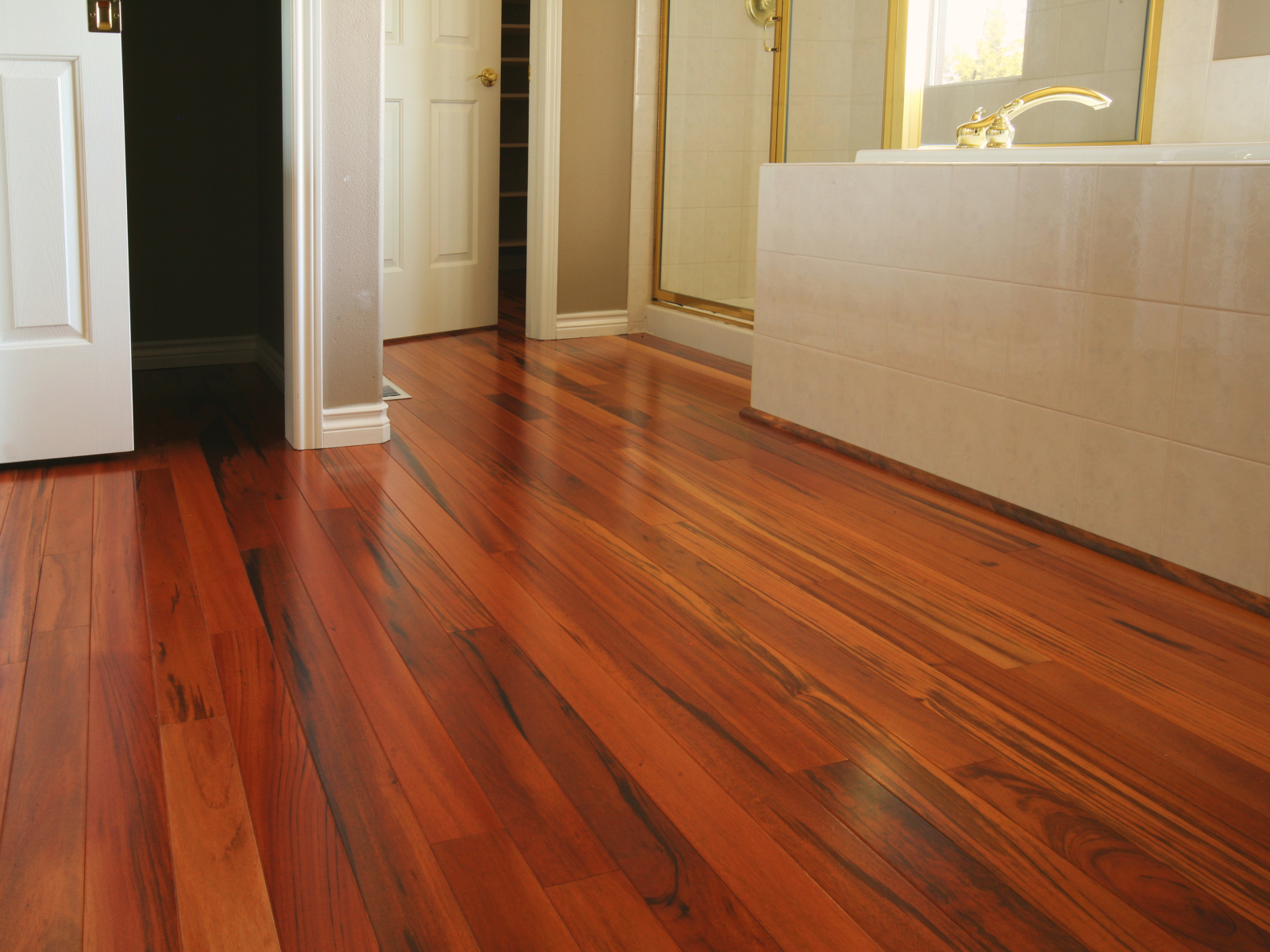




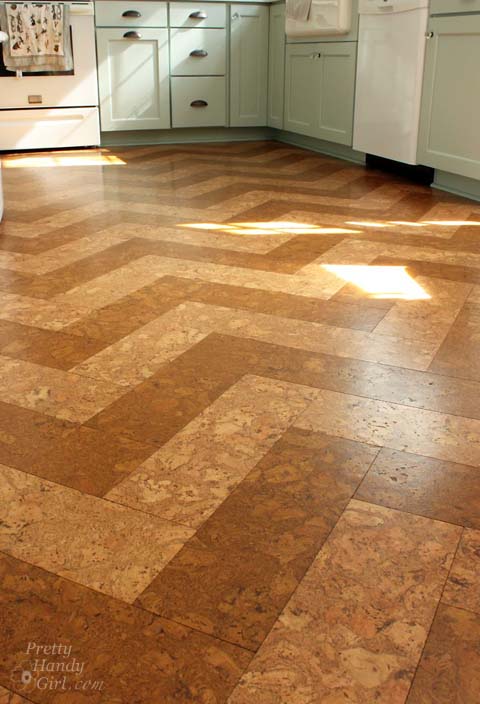

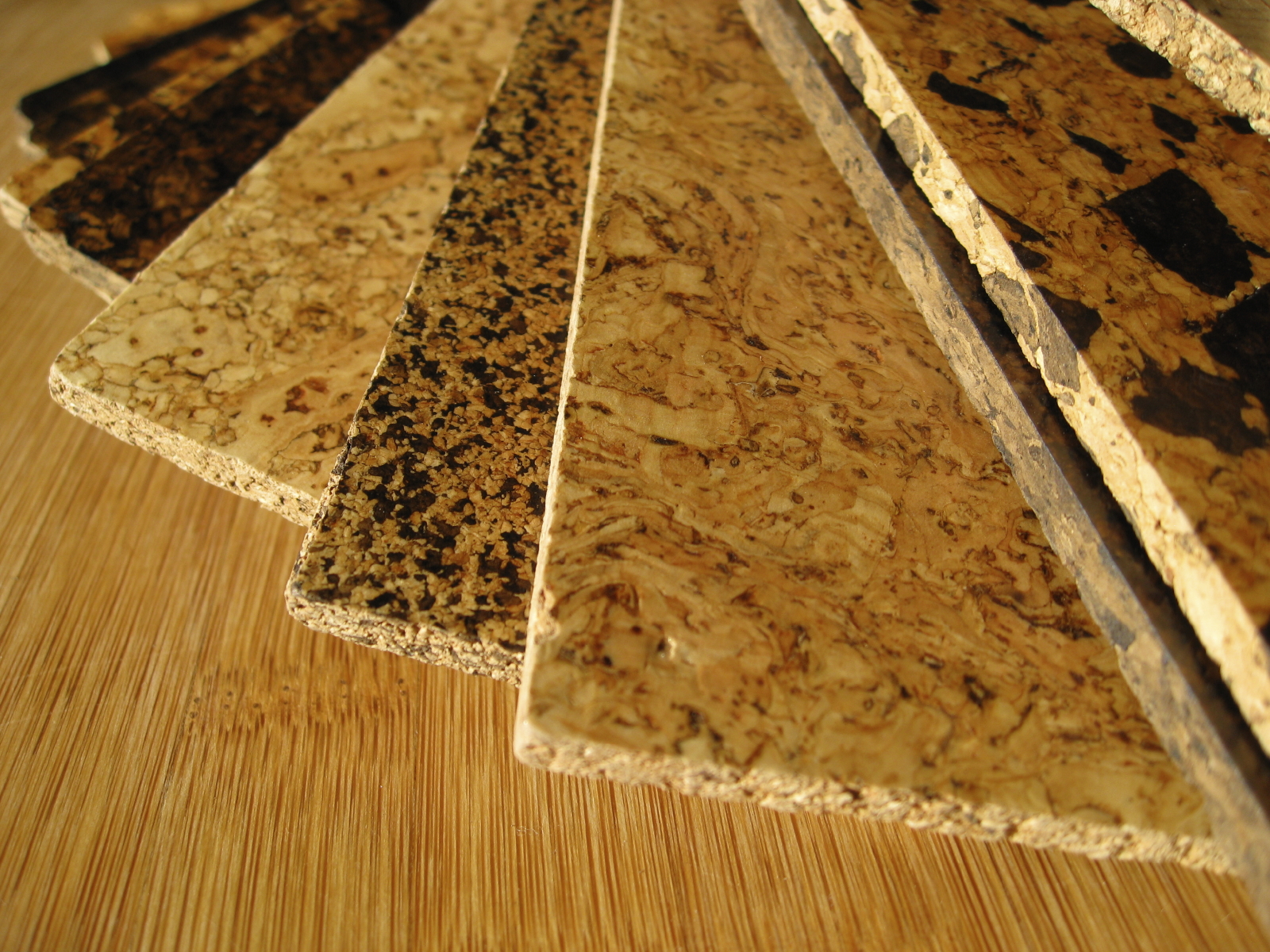
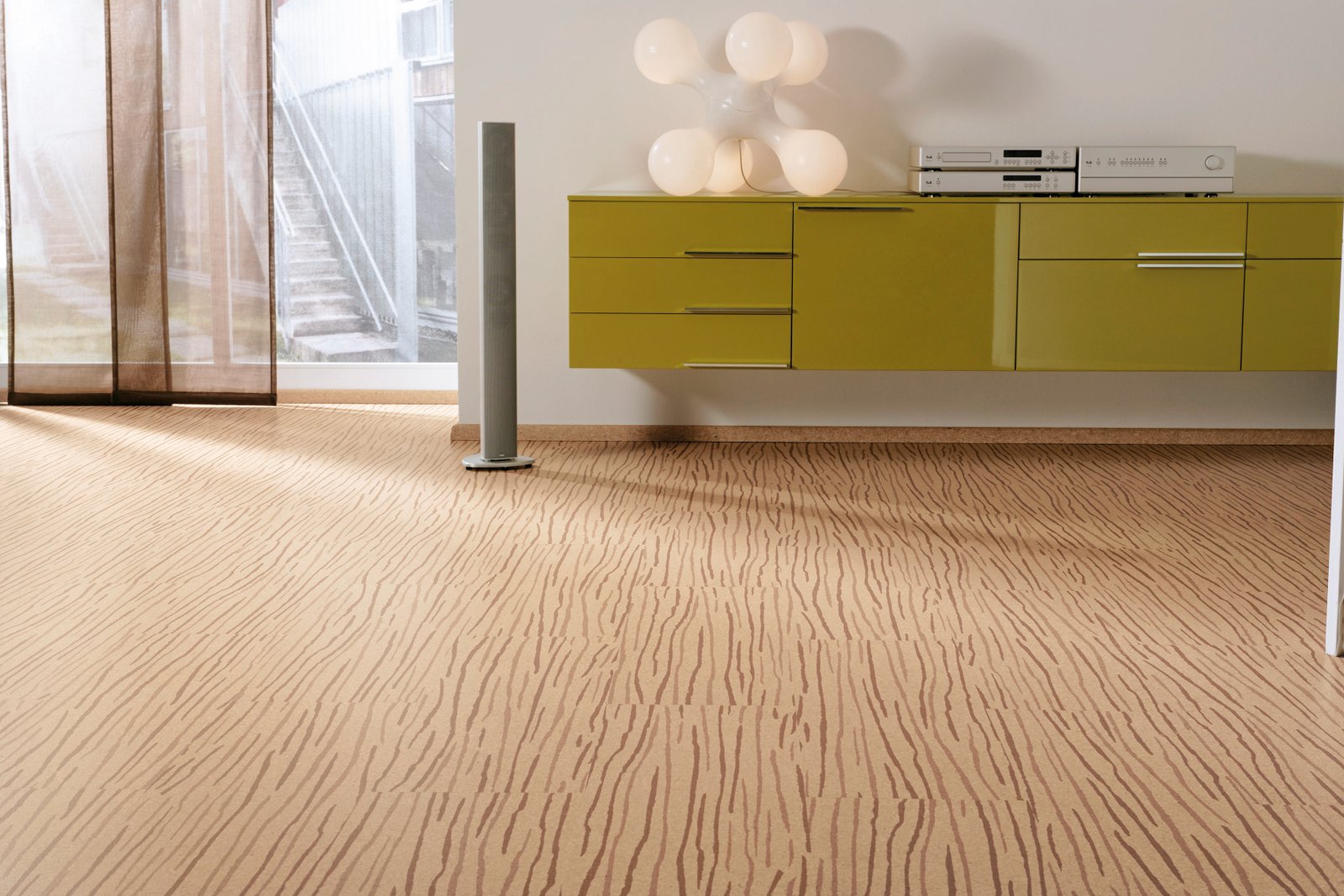
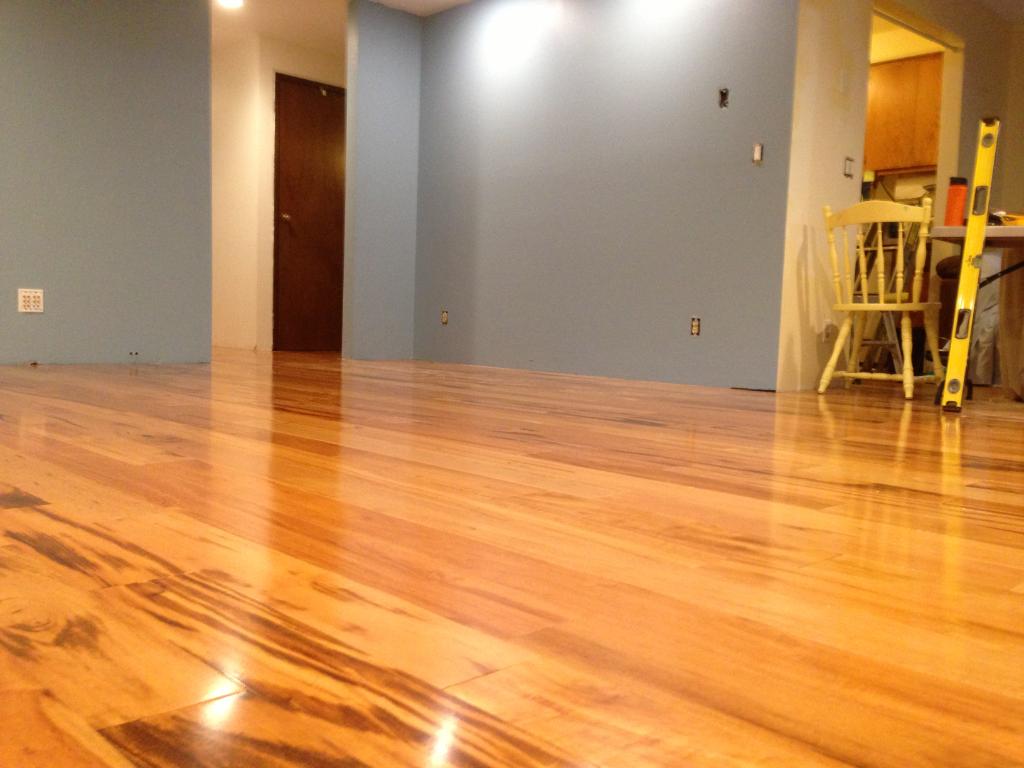

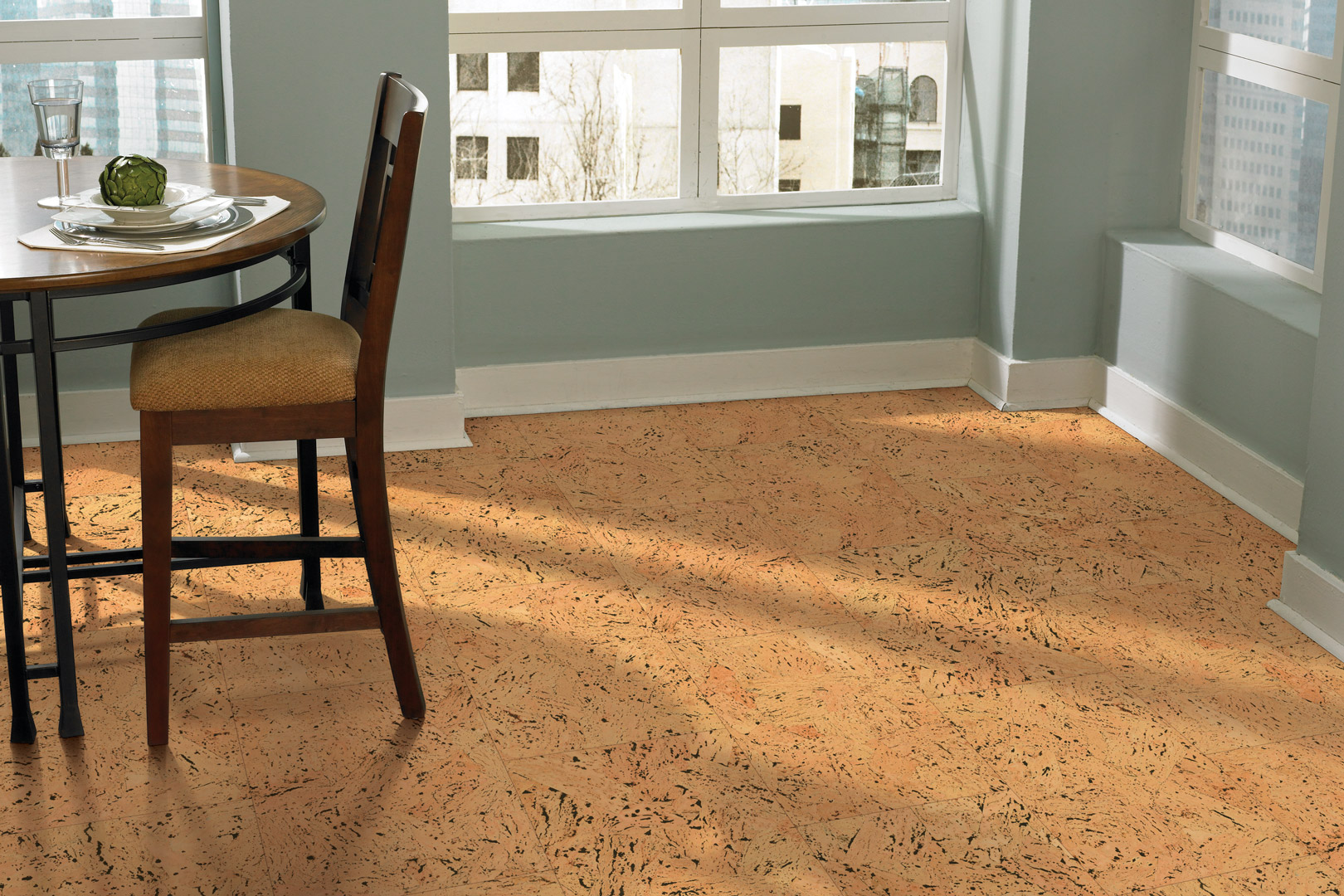

/cork-flooring-in-unfurnished-new-home-647206431-5b4540a646e0fb00543e2ba0.jpg)
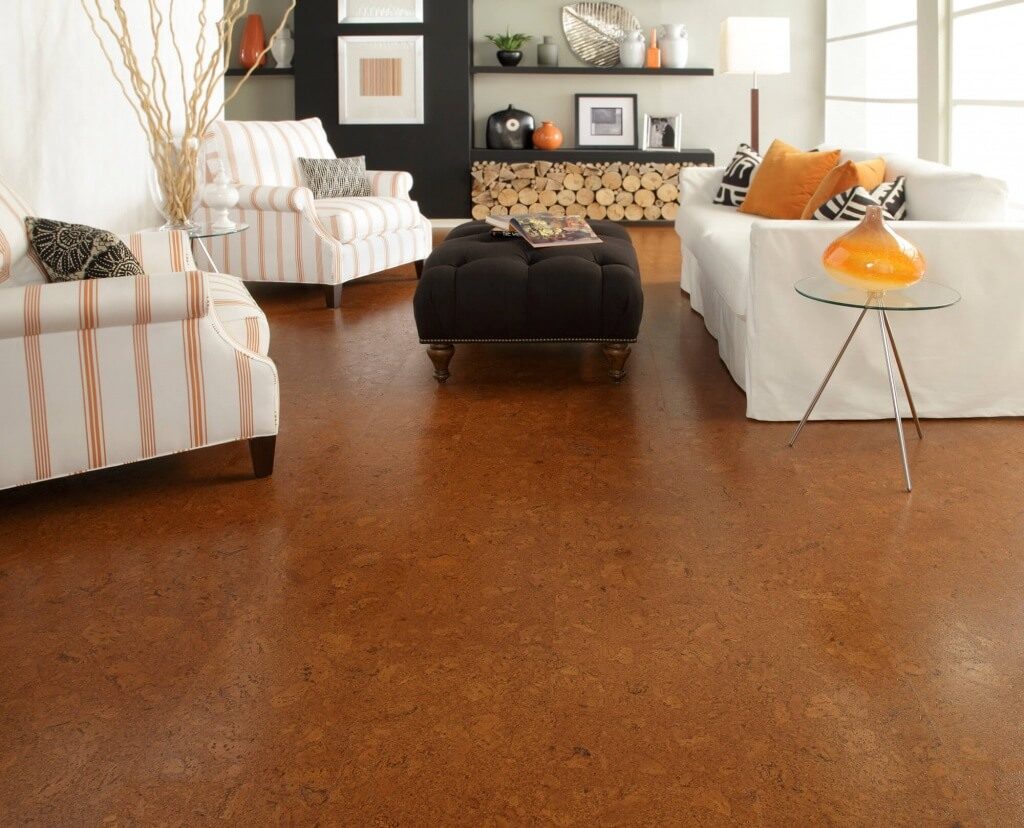




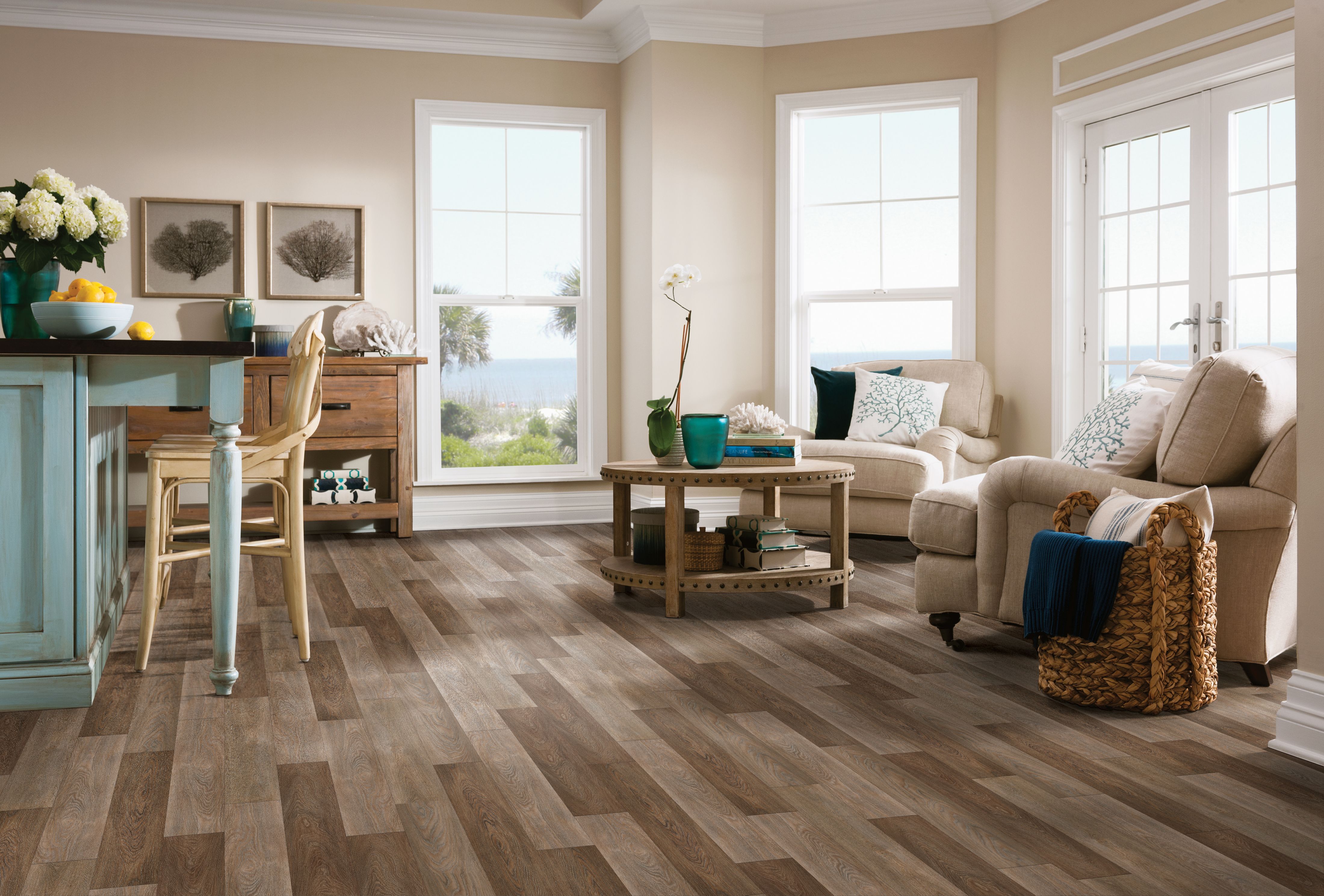
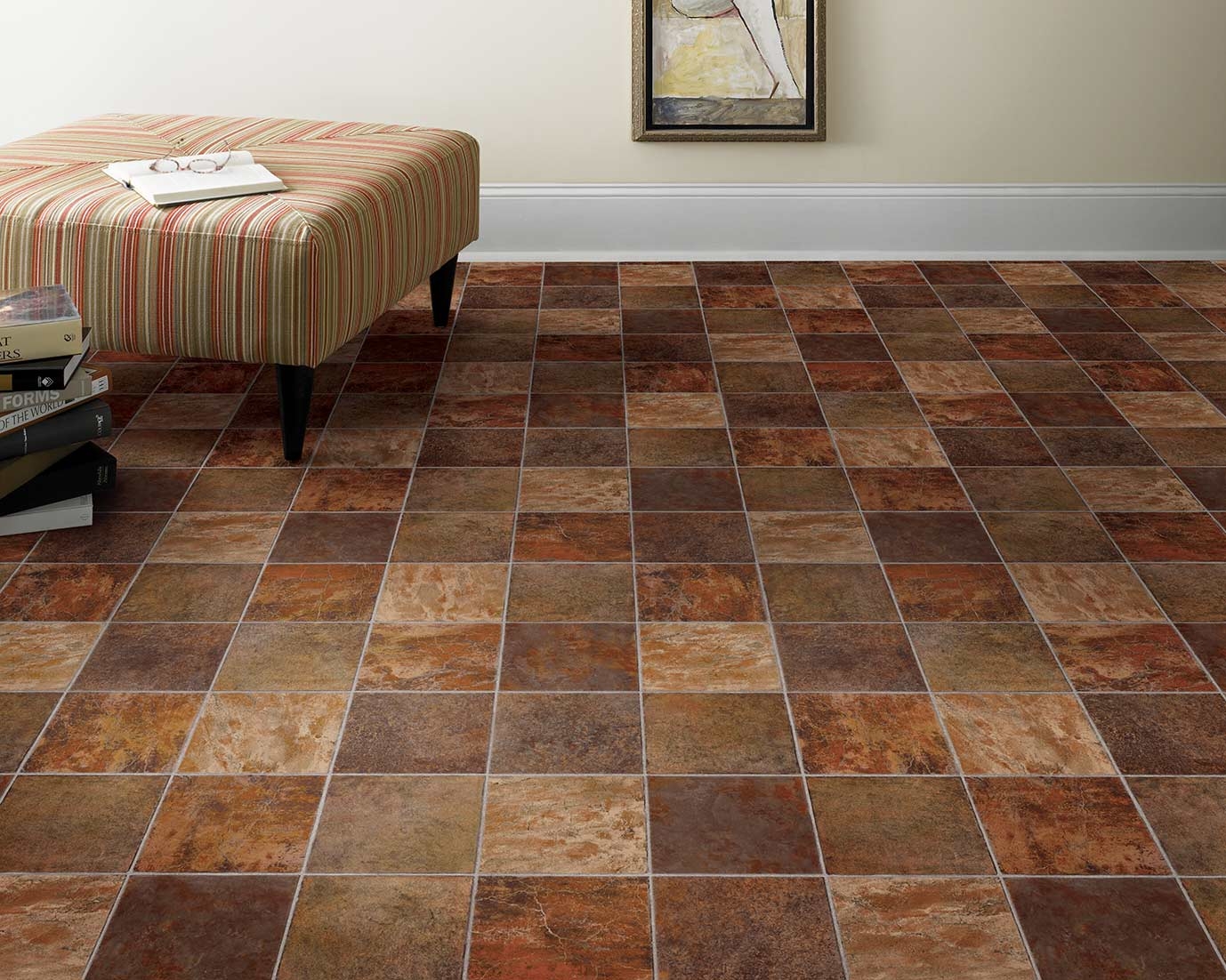
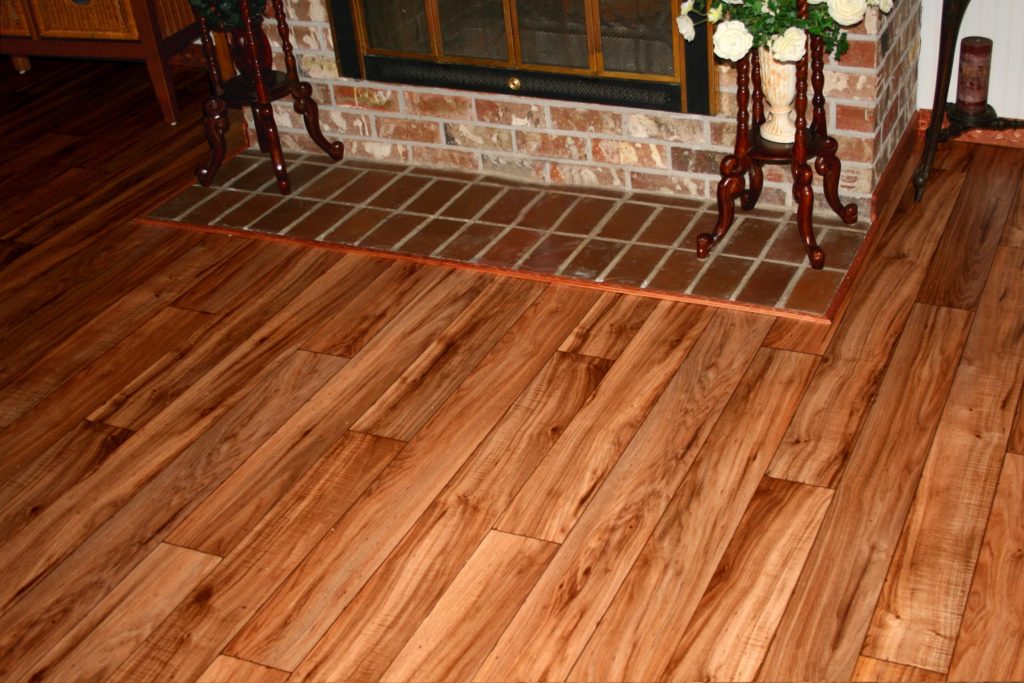

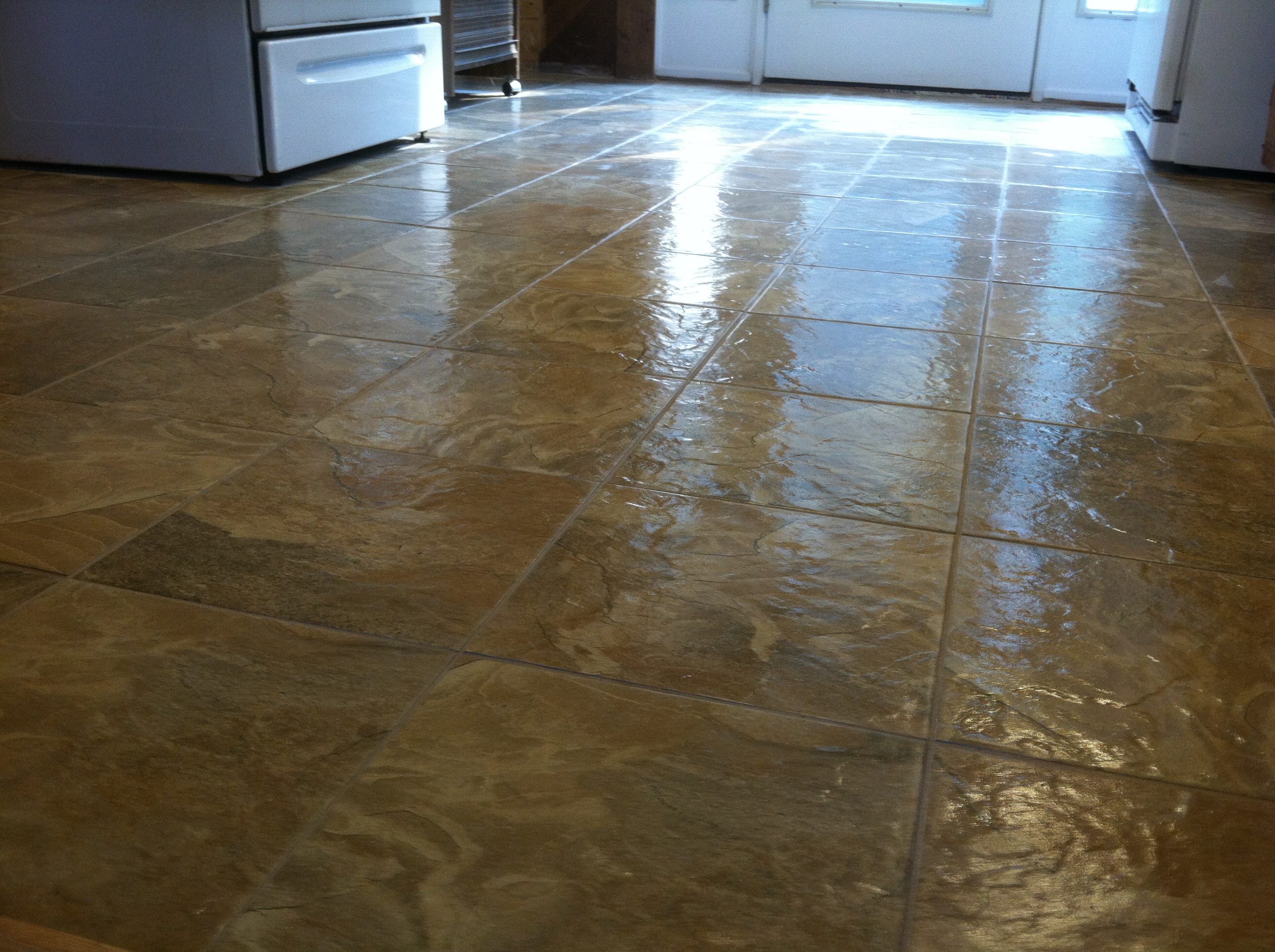
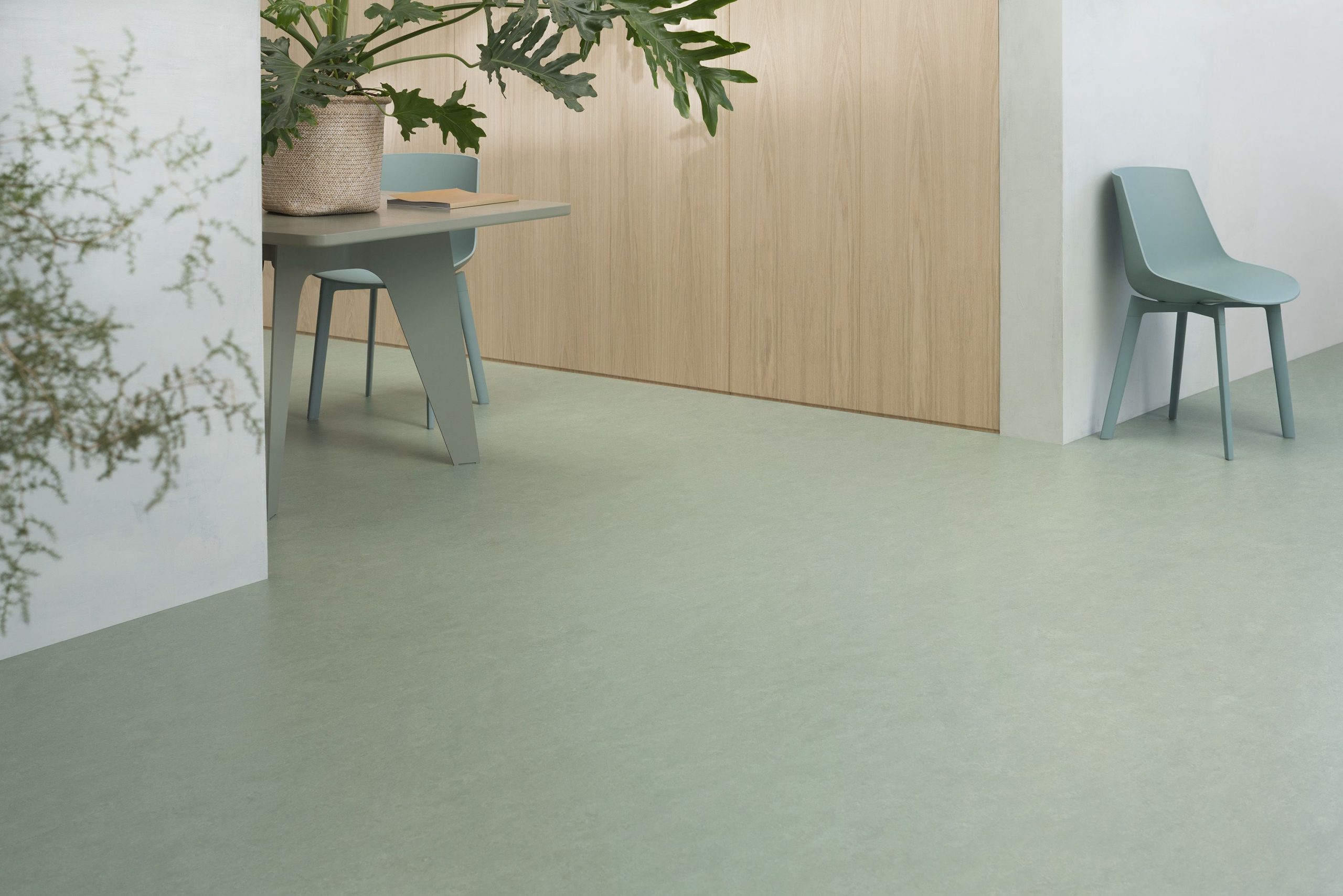
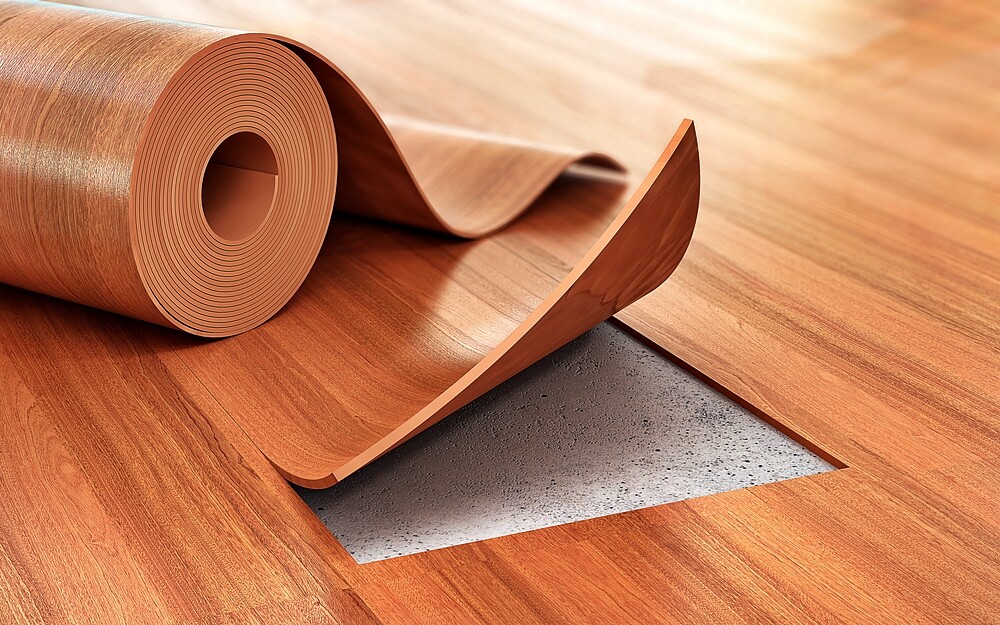
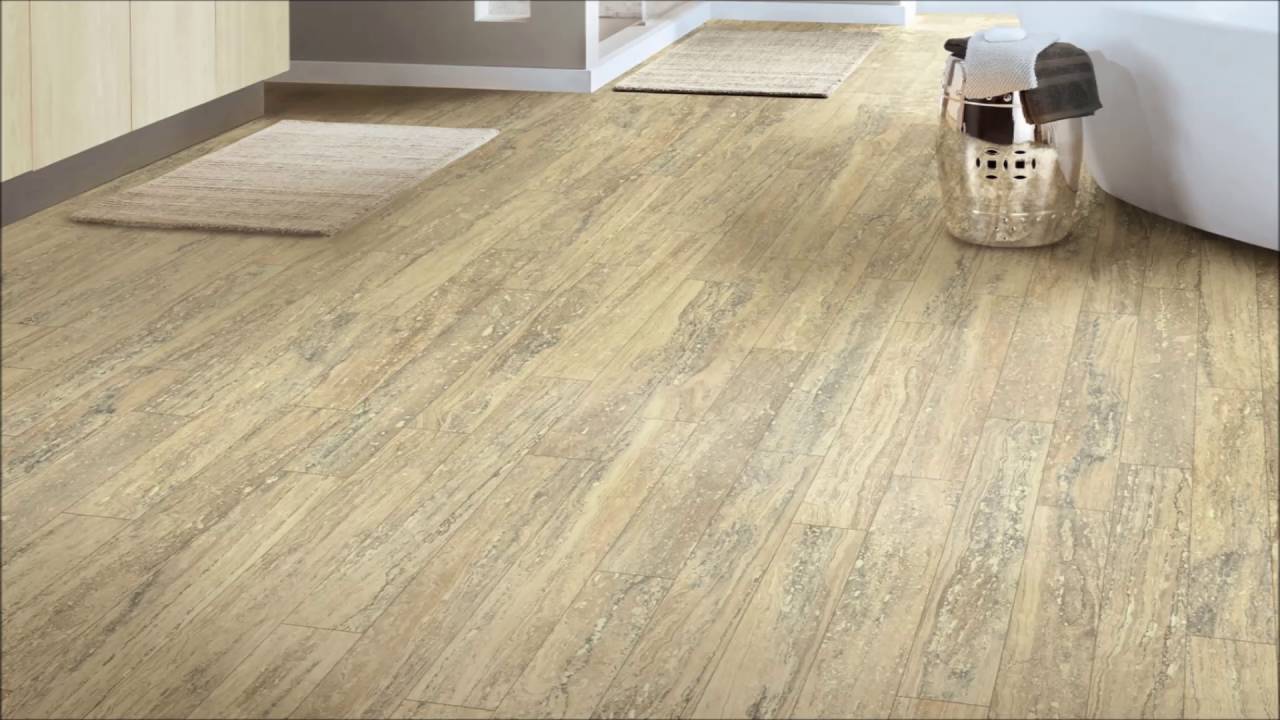
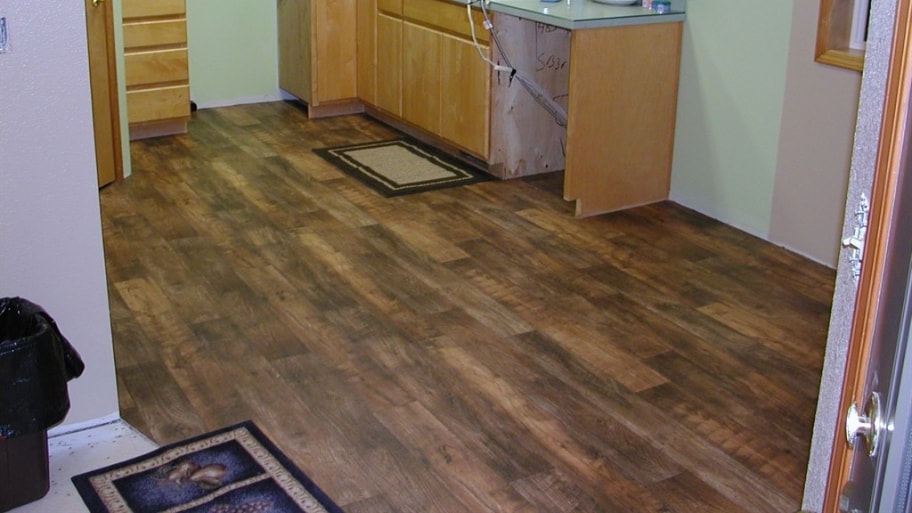
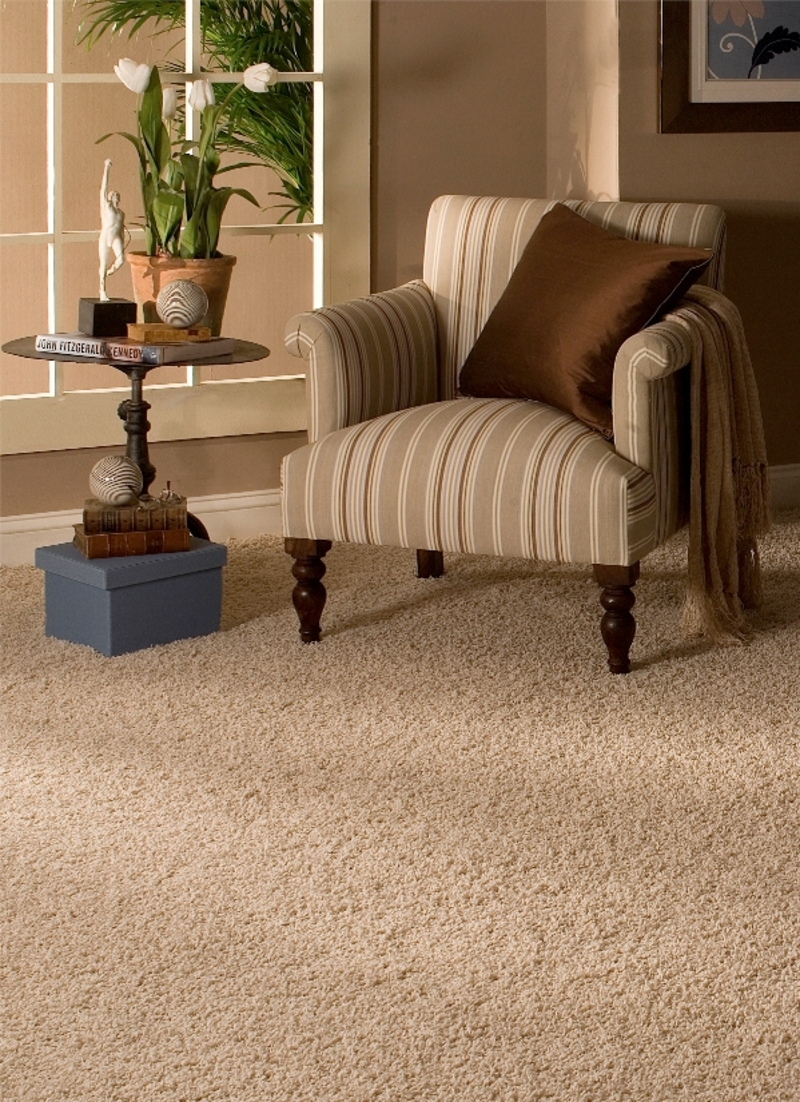



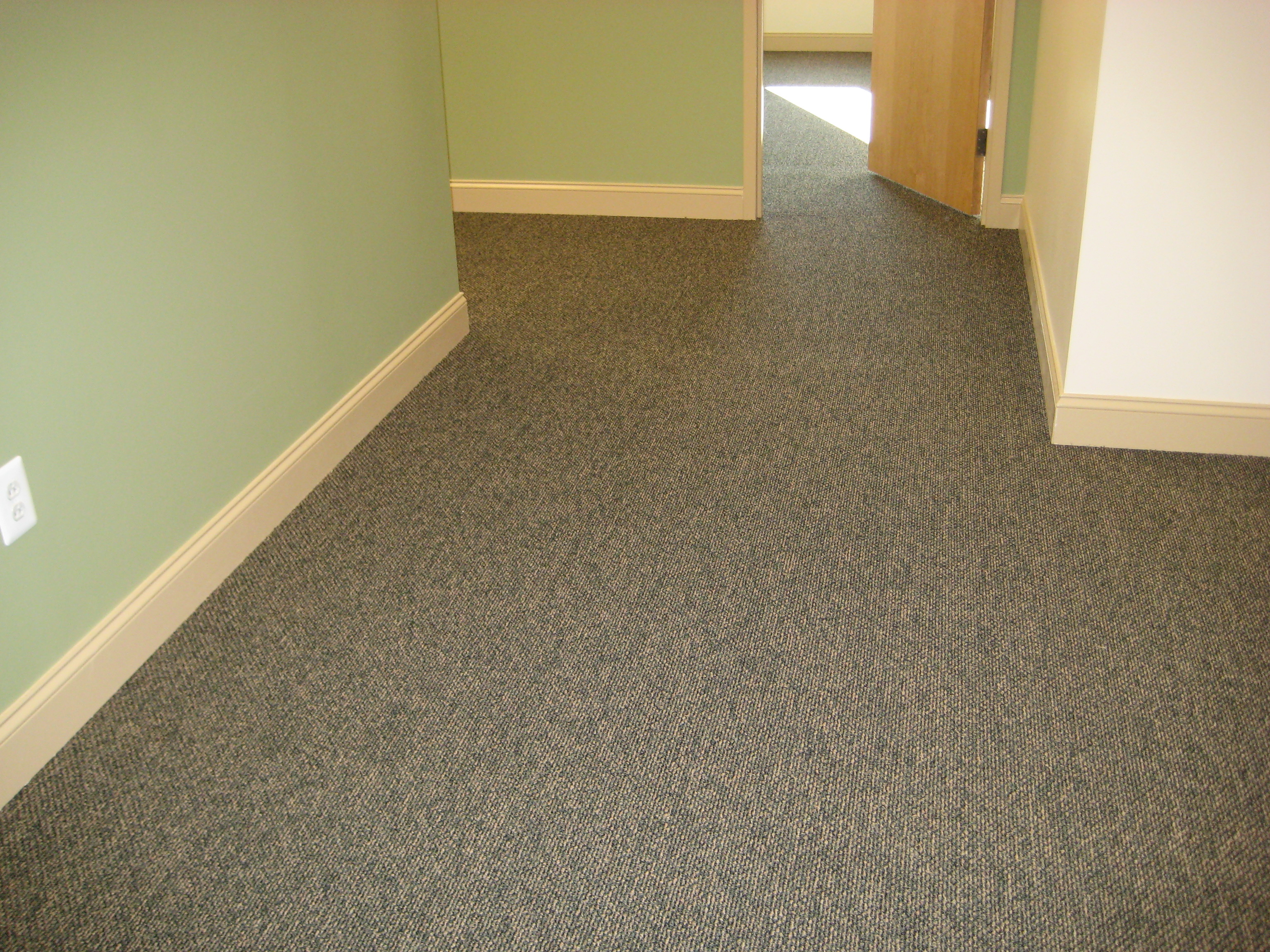
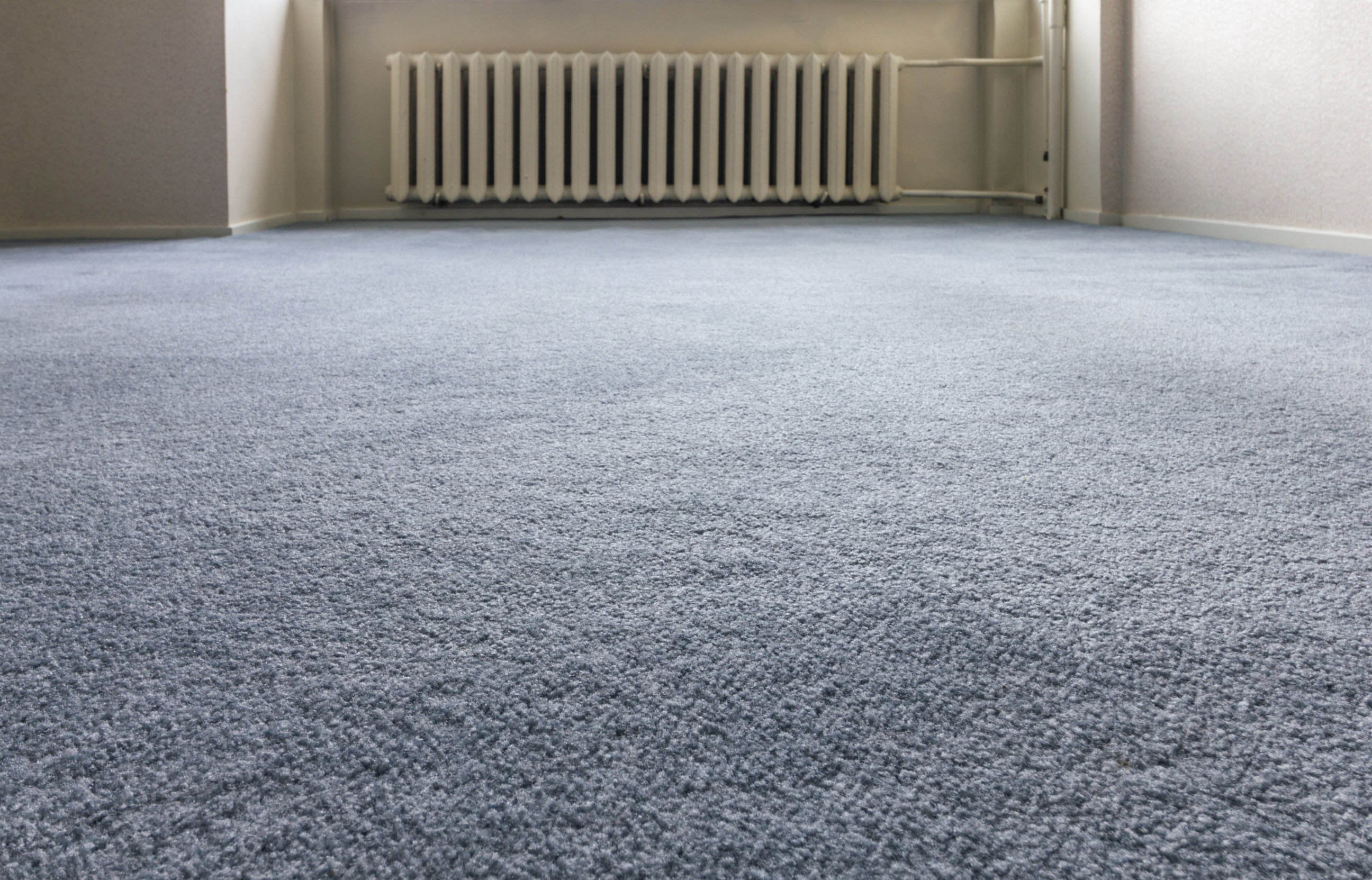
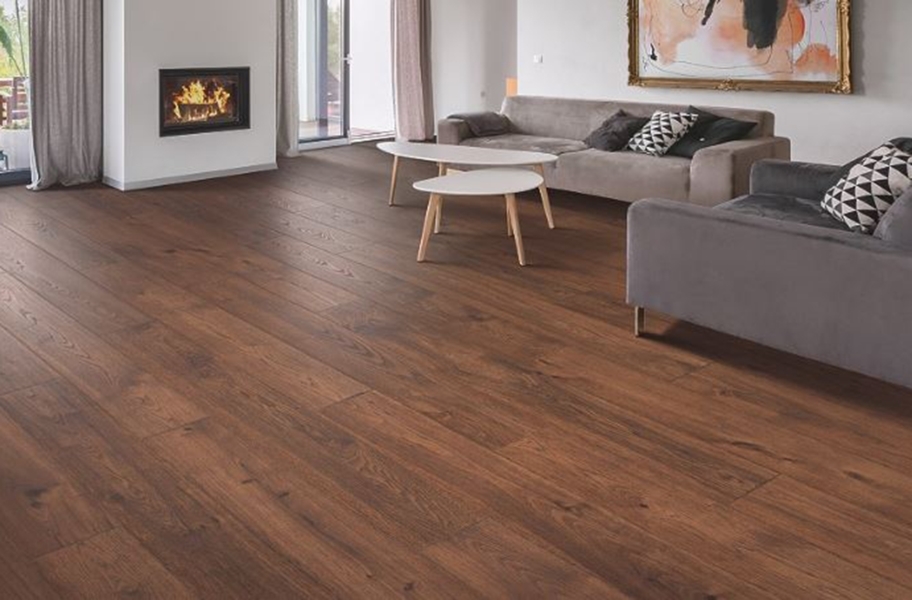


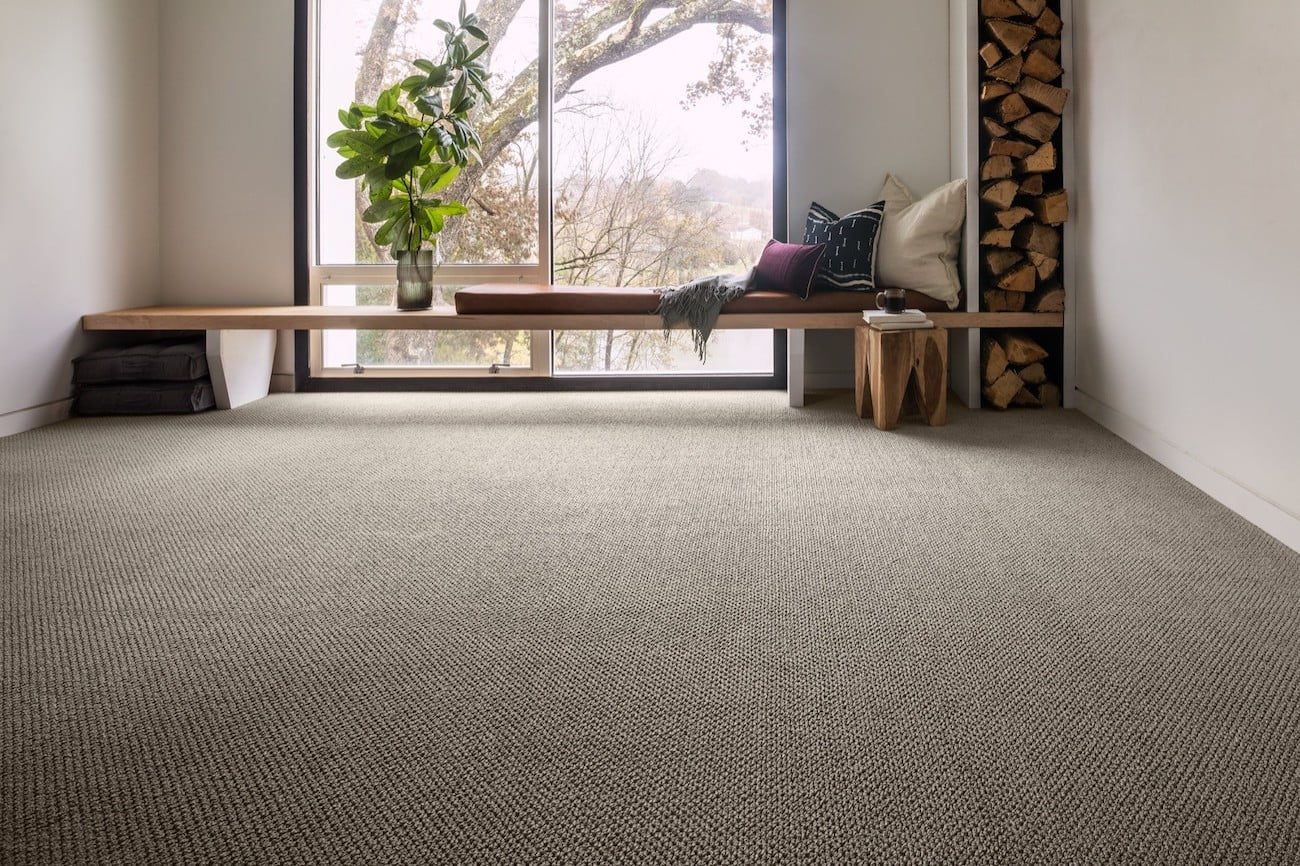



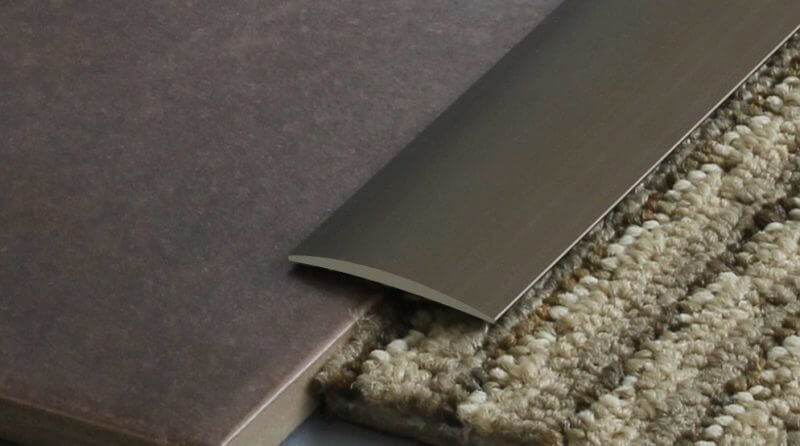
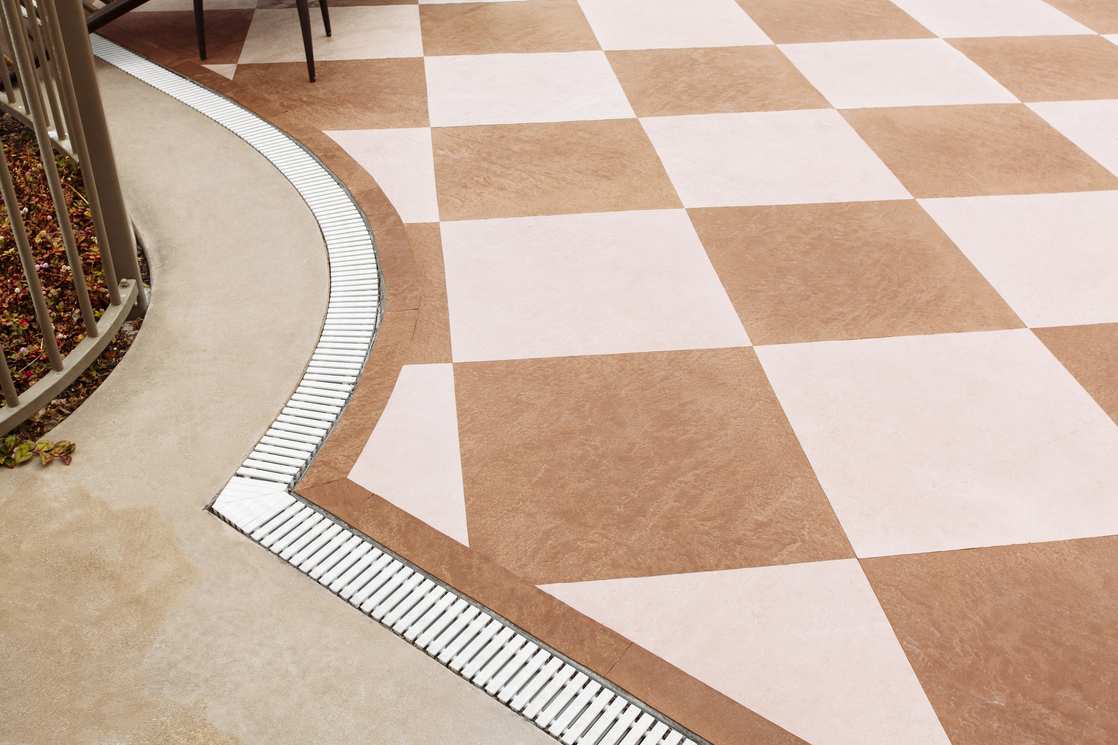


:max_bytes(150000):strip_icc()/guide-to-basic-floor-transition-strips-1821708_03_Tstrip-2b3fdfec2a1b4357bbf998e072927711.jpg)
:max_bytes(150000):strip_icc()/guide-to-basic-floor-transition-strips-1821708_01_carpet_tile_3217-652f11bc2b4d4fce987d67203d4888d2.jpg)
:max_bytes(150000):strip_icc()/guide-to-basic-floor-transition-strips-1821708_02_4in1_3222-6a588d0ec9f14ff7b8181f3dbda5e947.jpg)
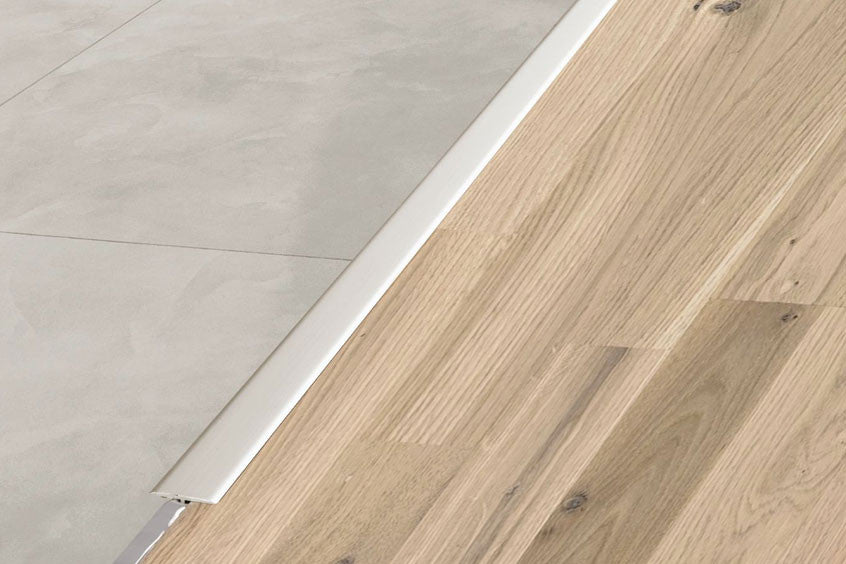

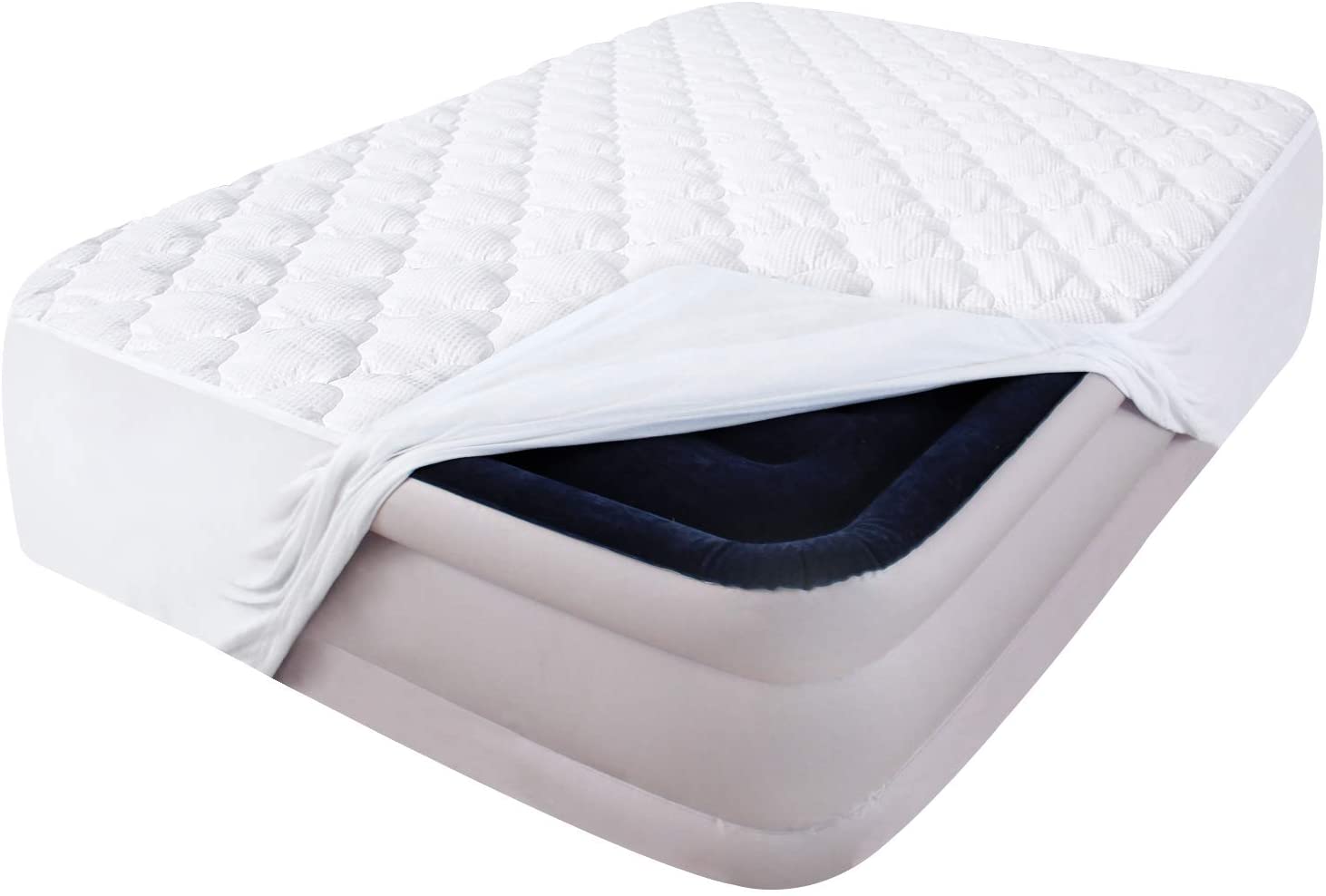
/cdn.vox-cdn.com/uploads/chorus_image/image/52929469/IMG_8523.0.jpg)
